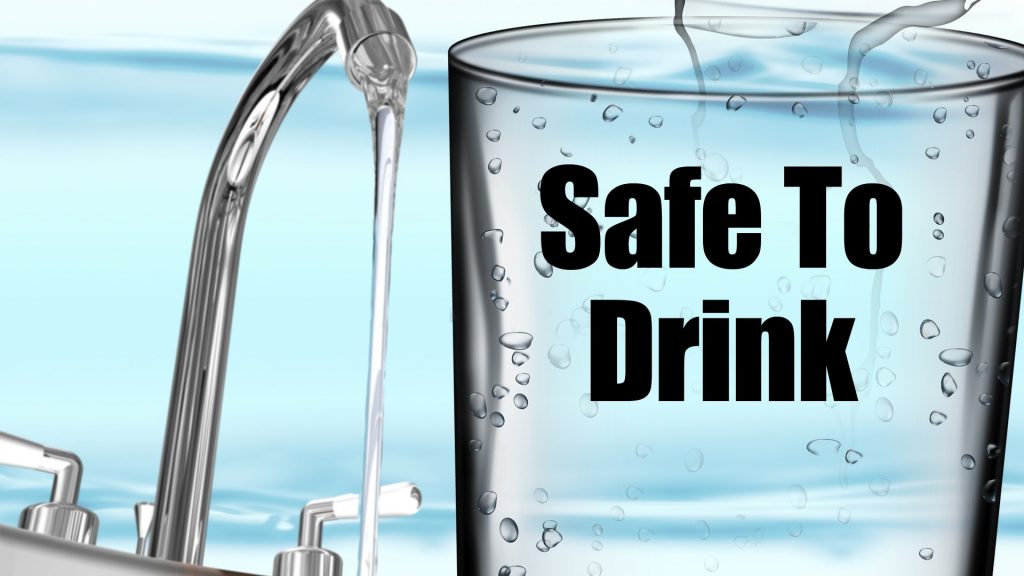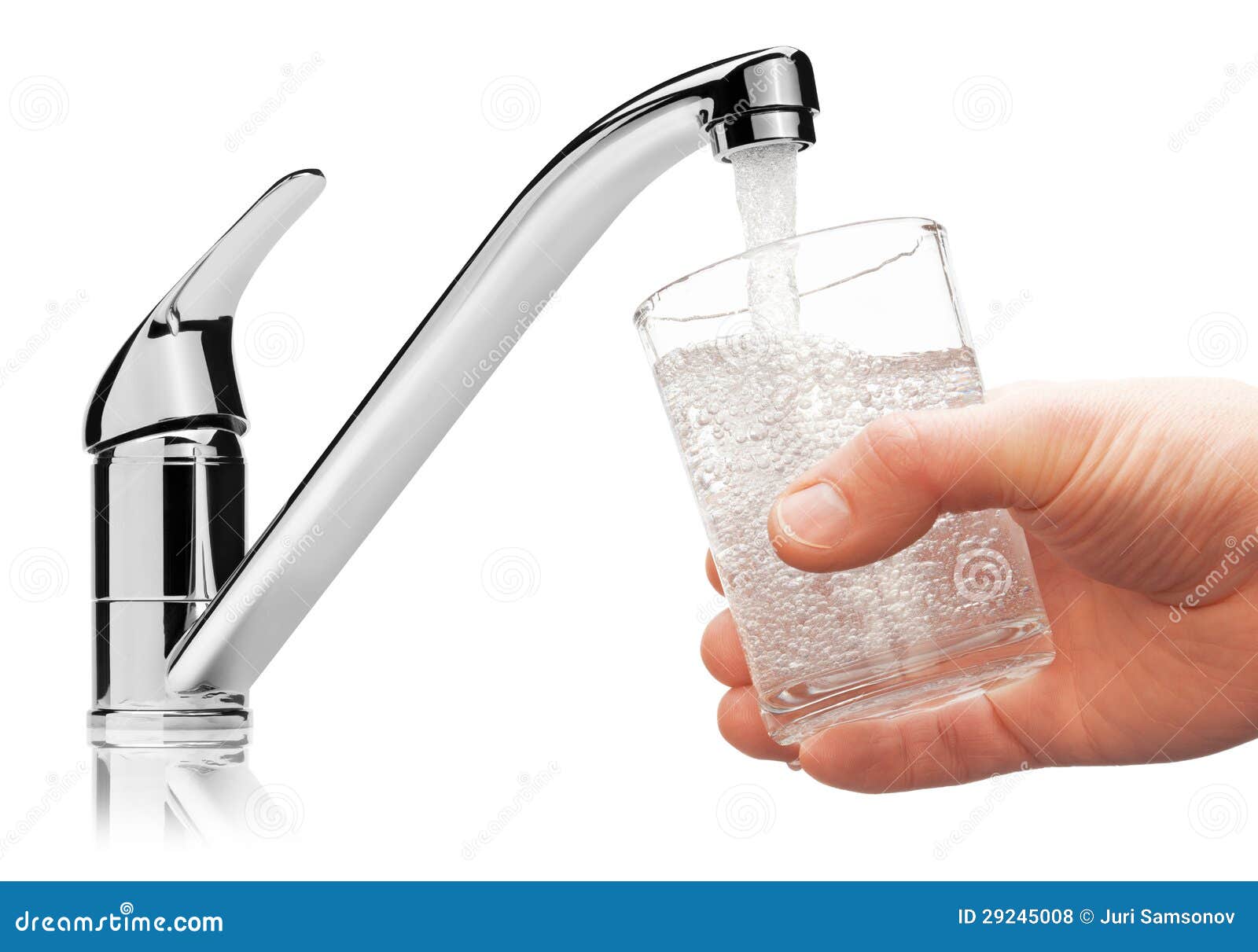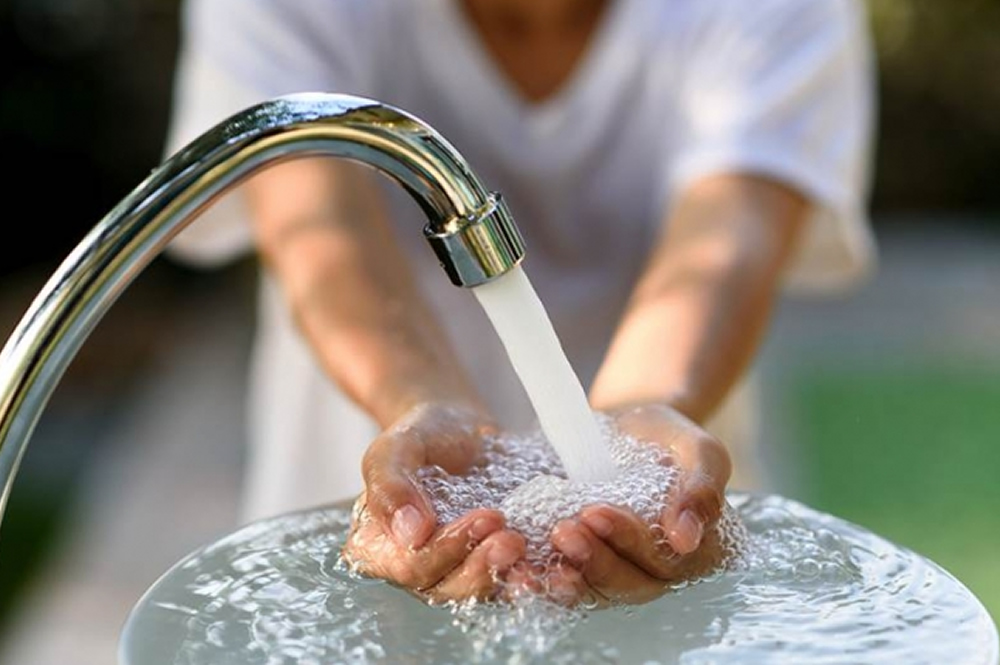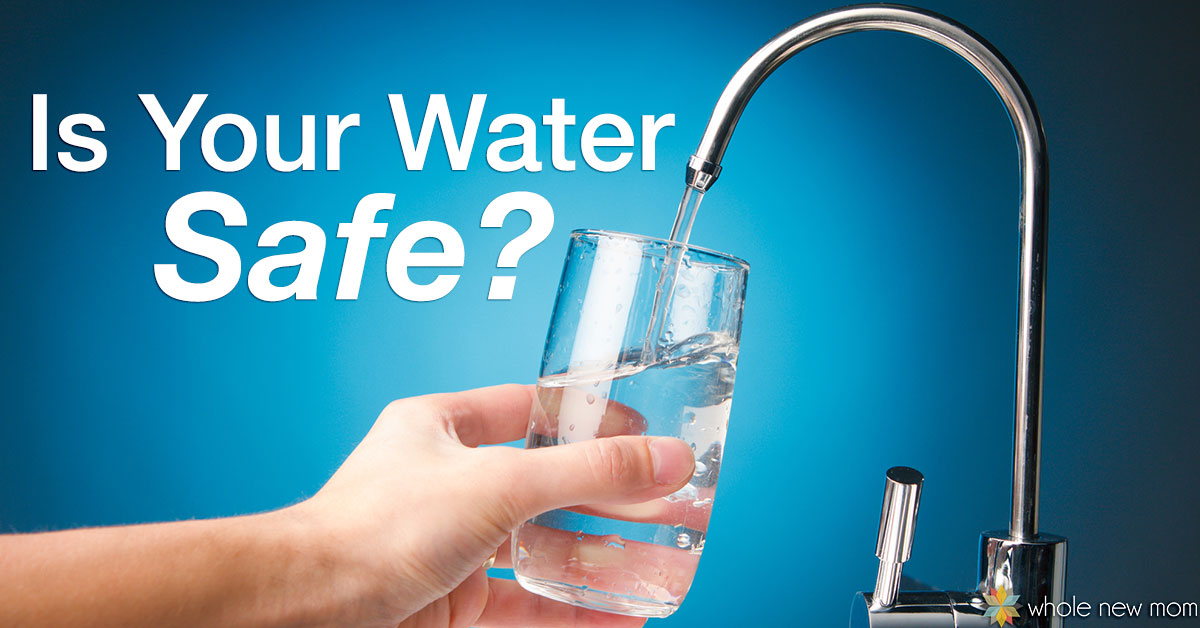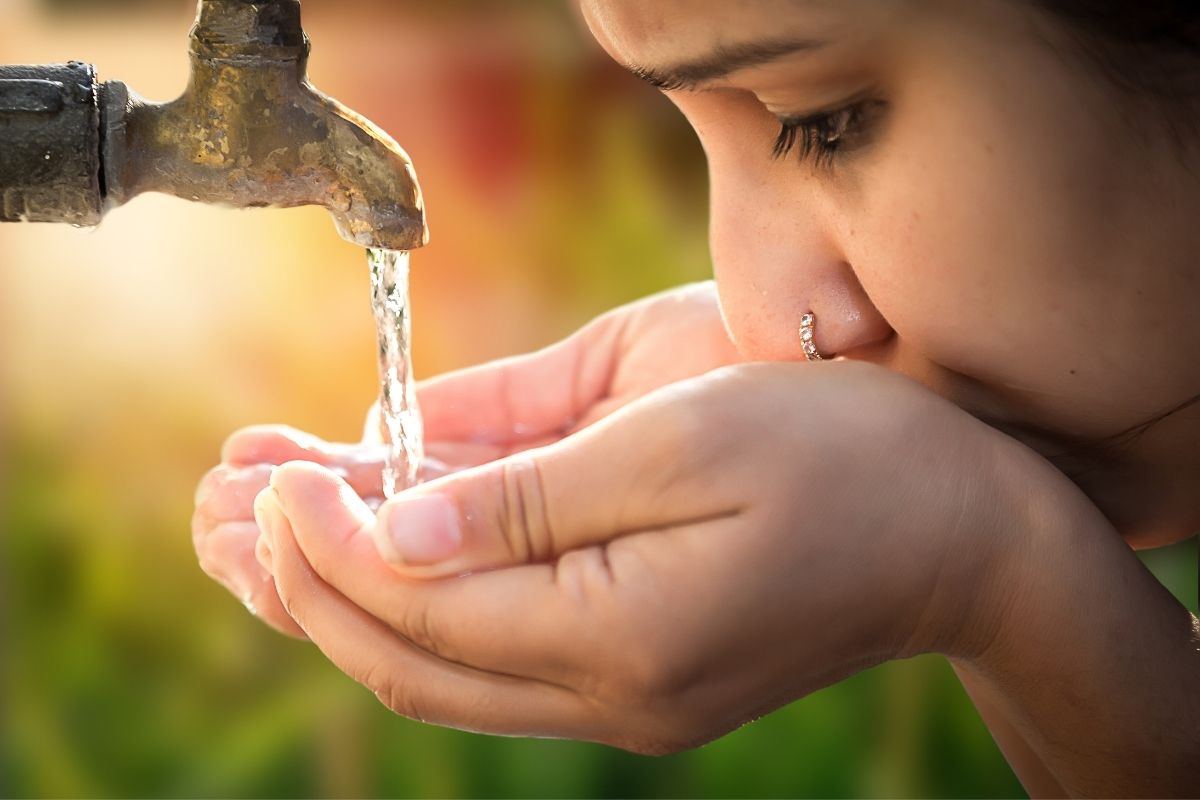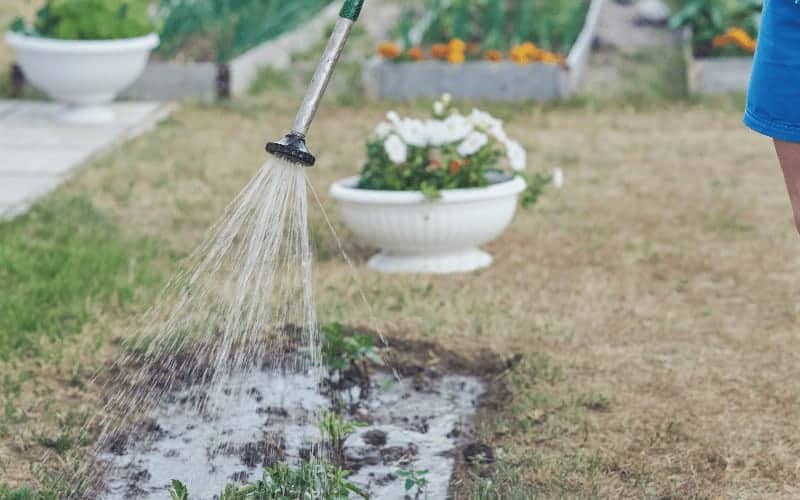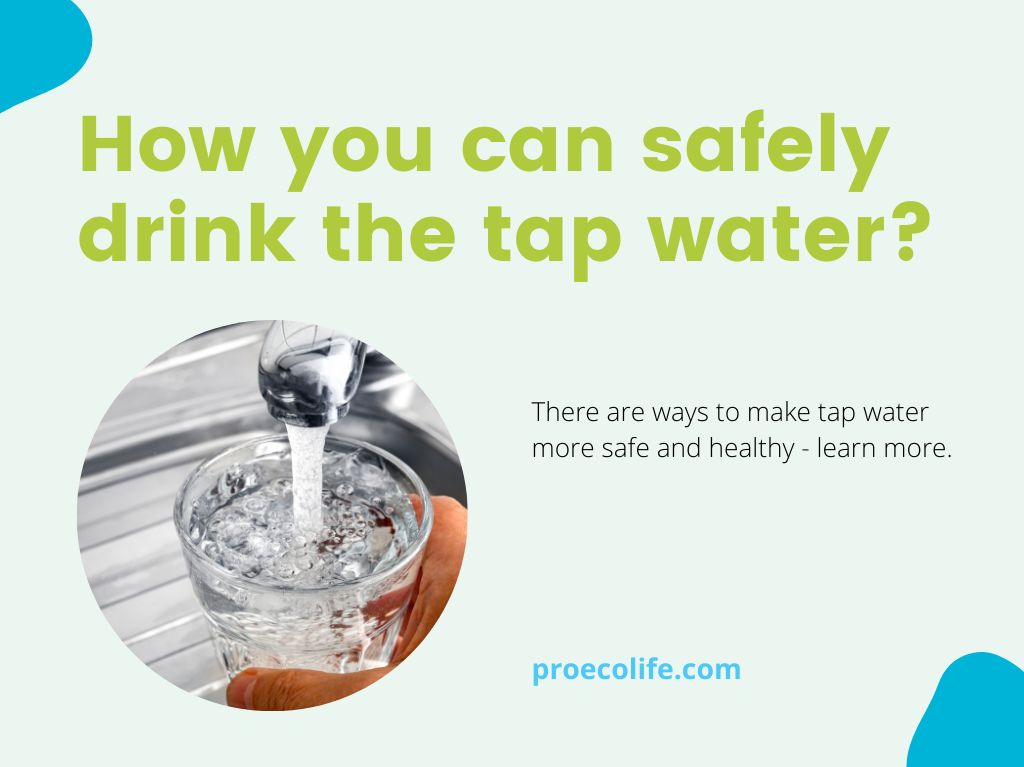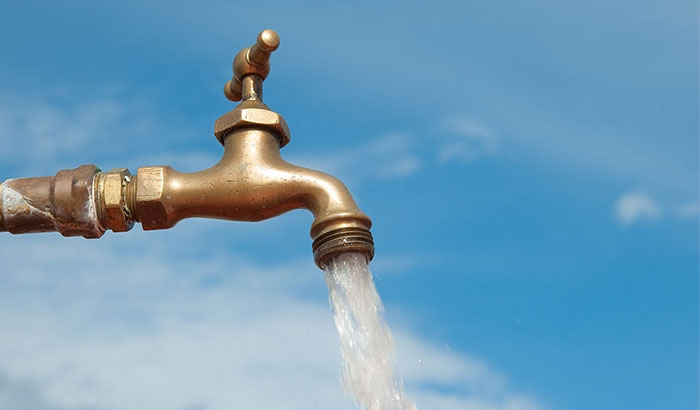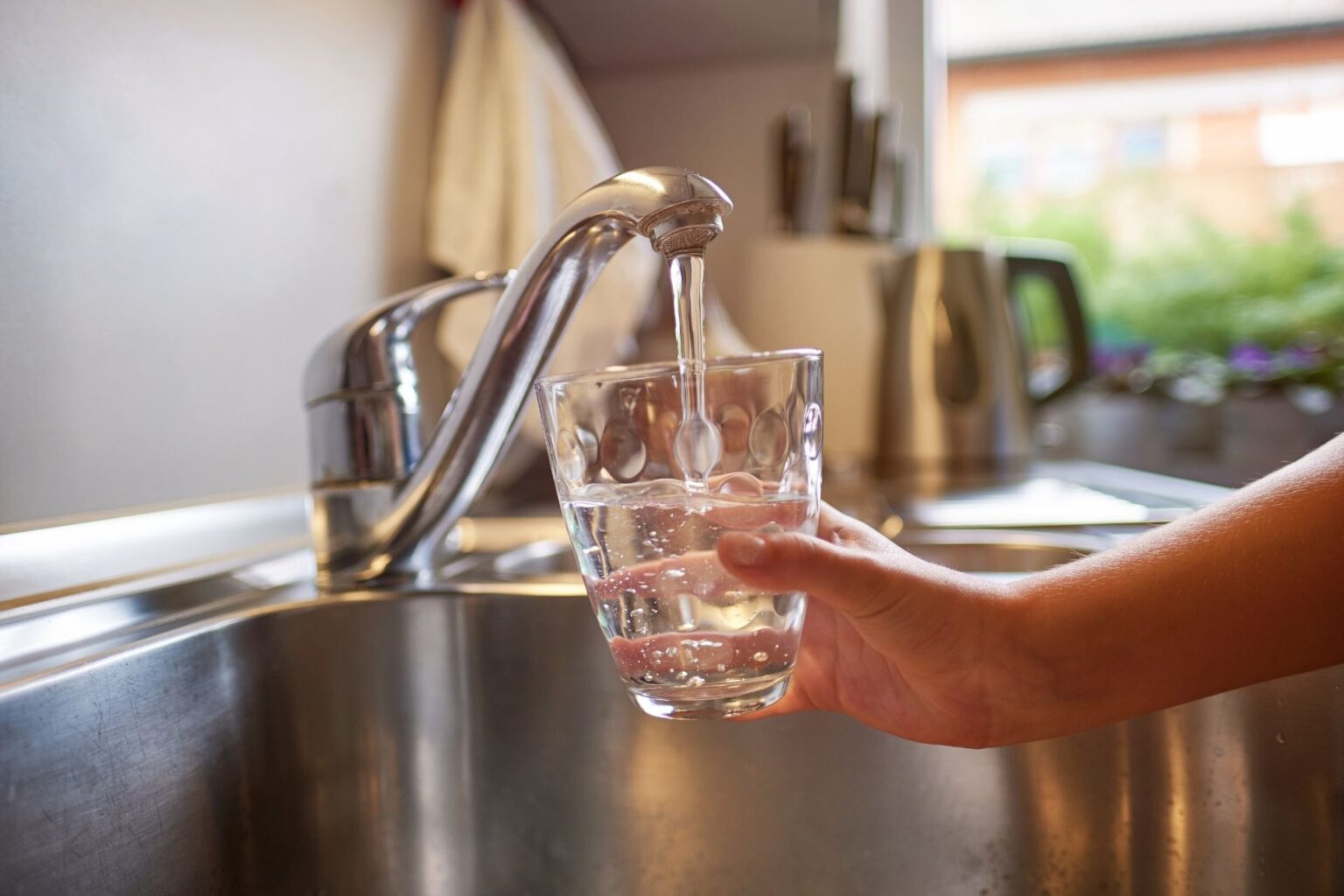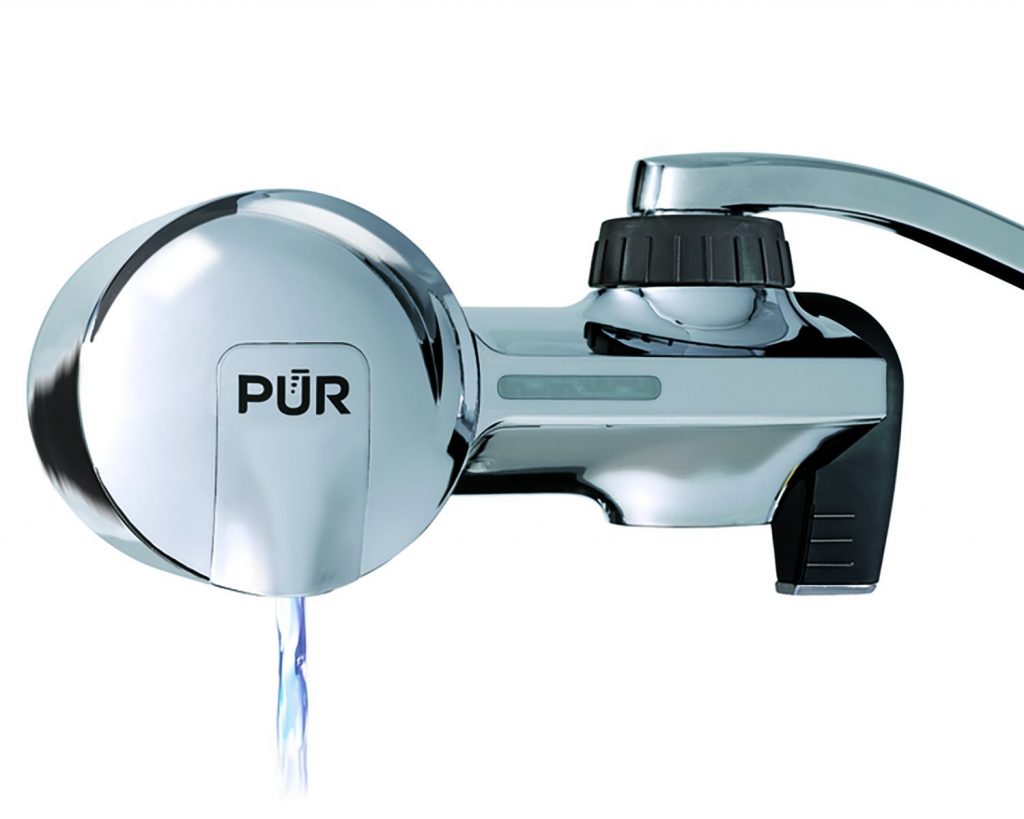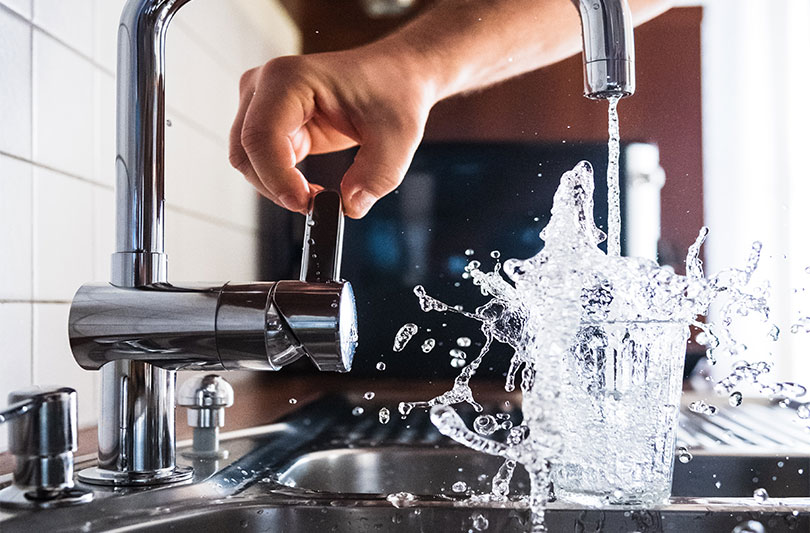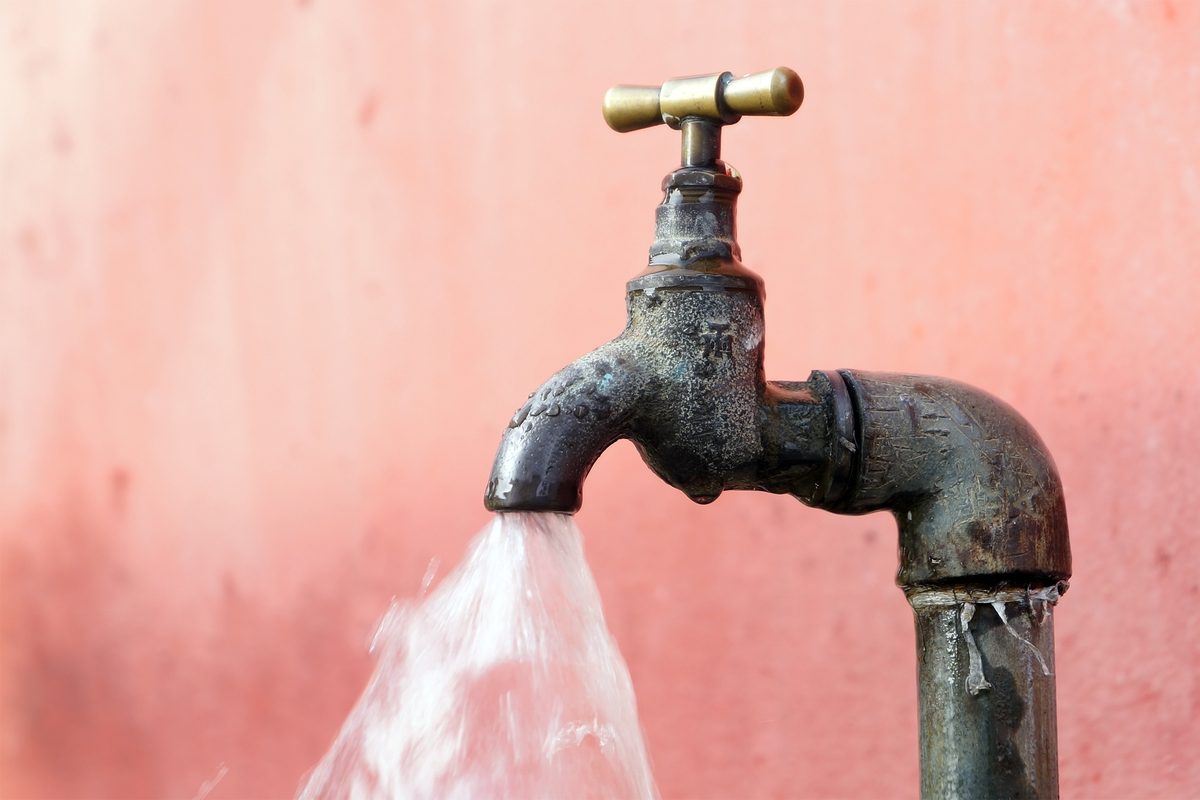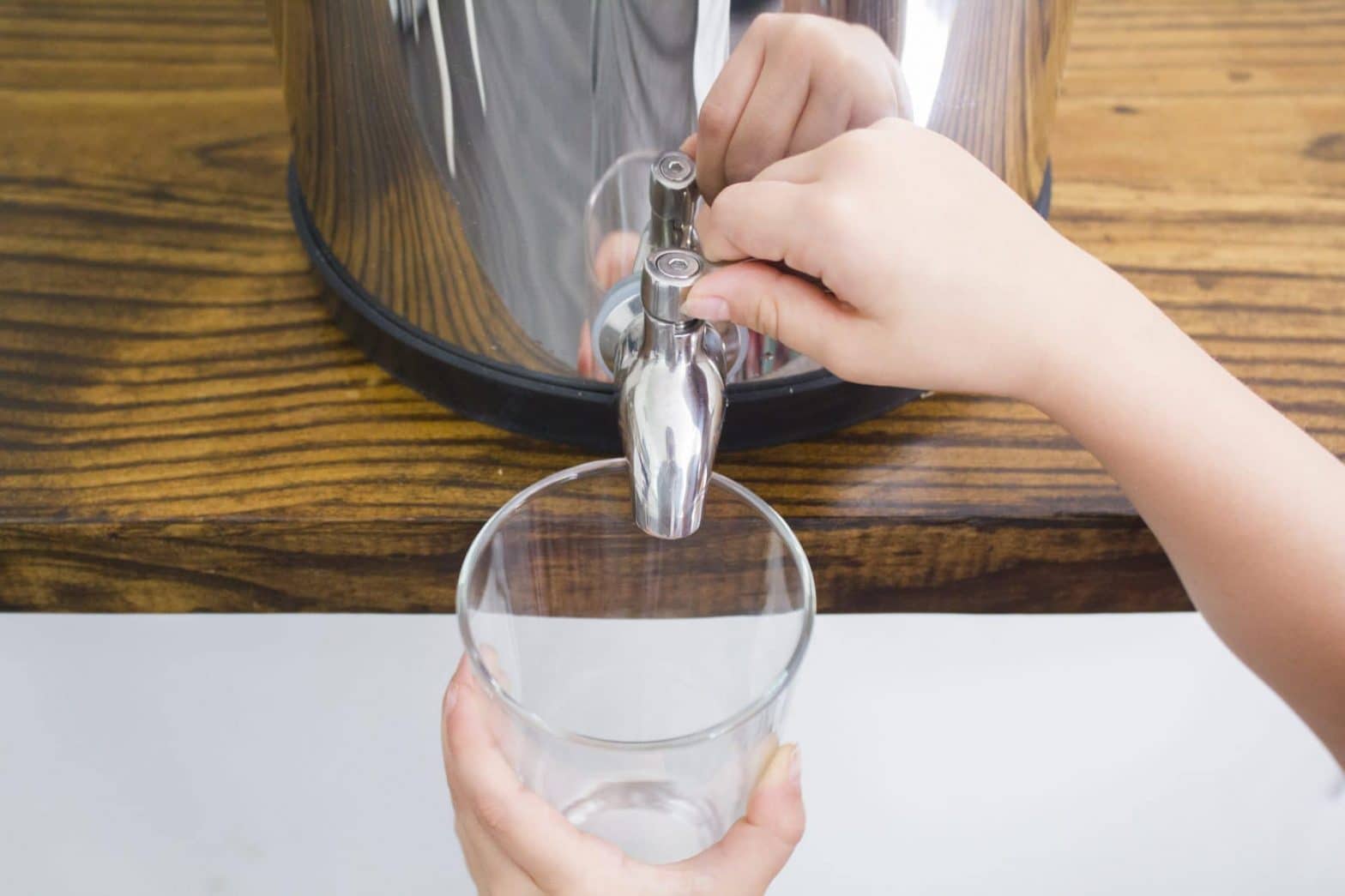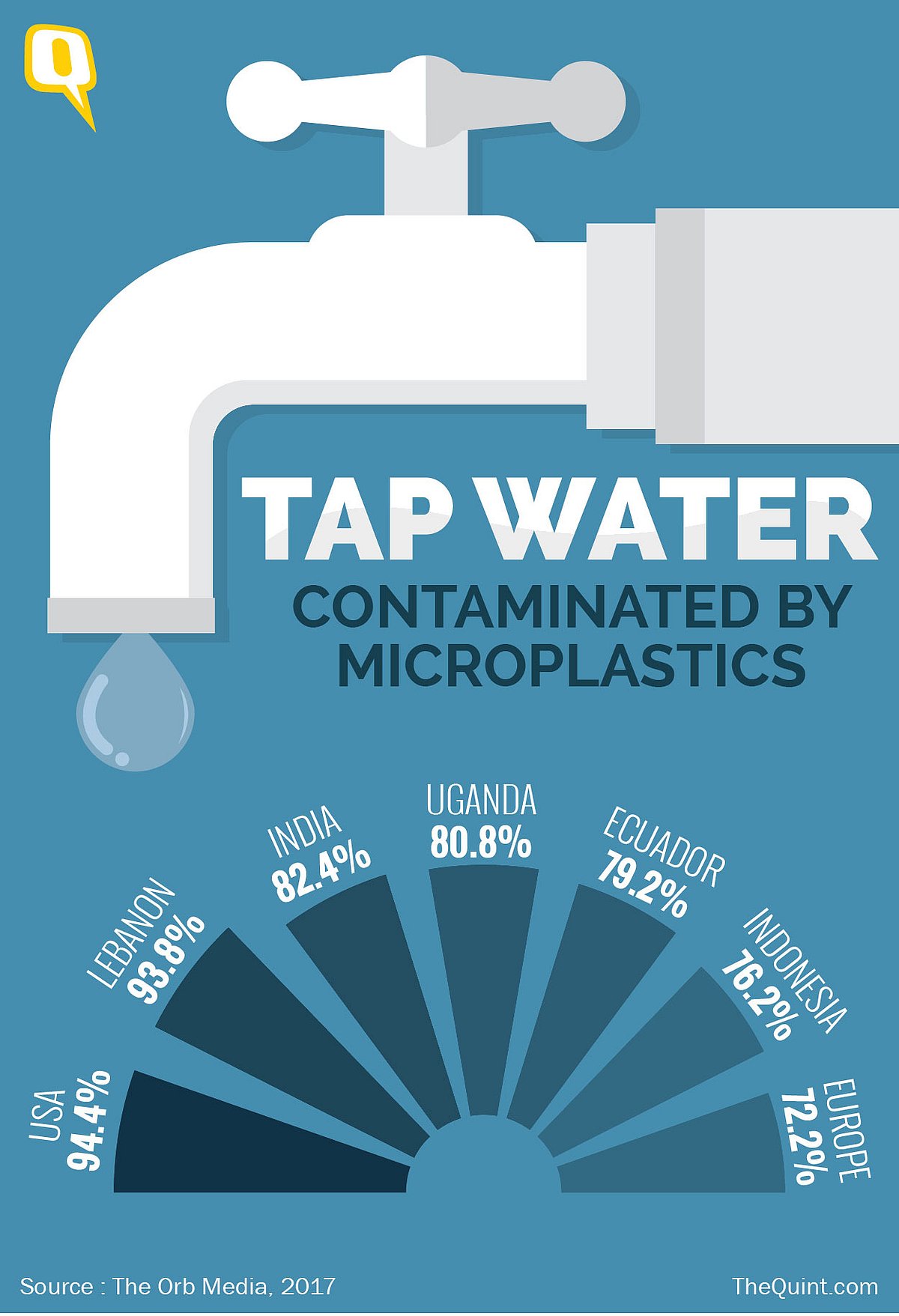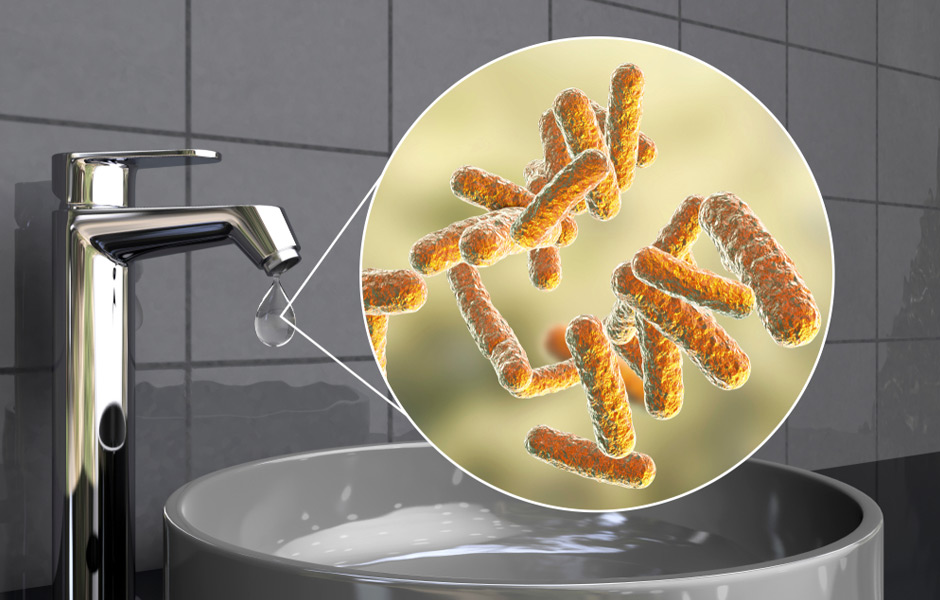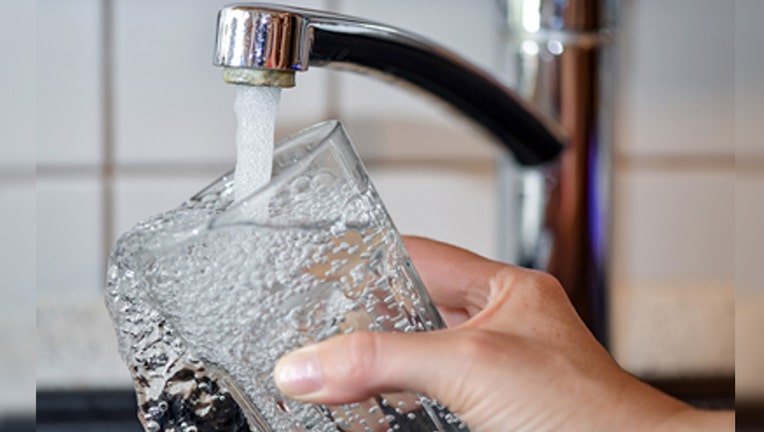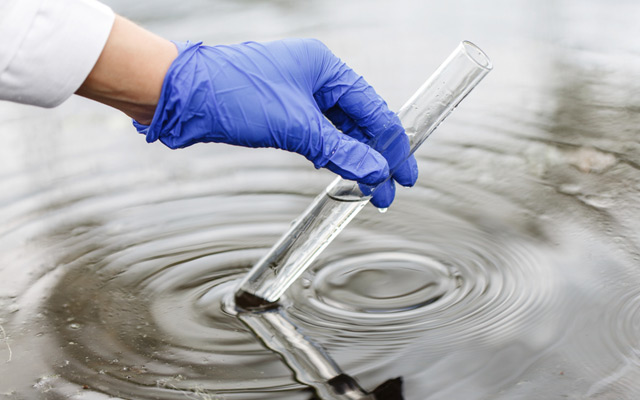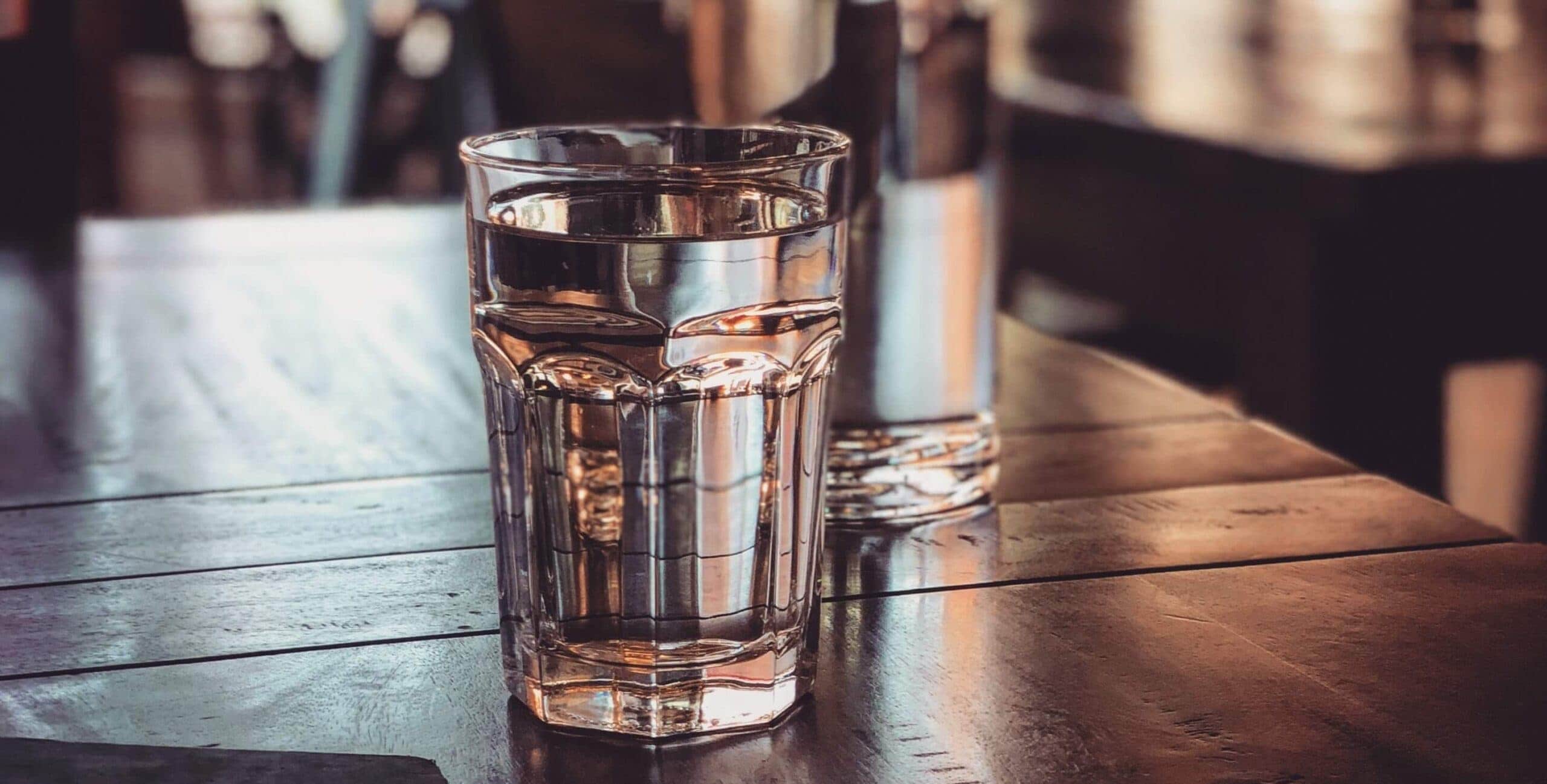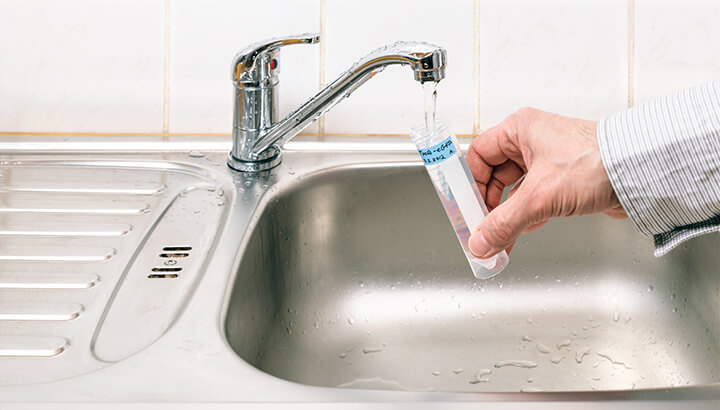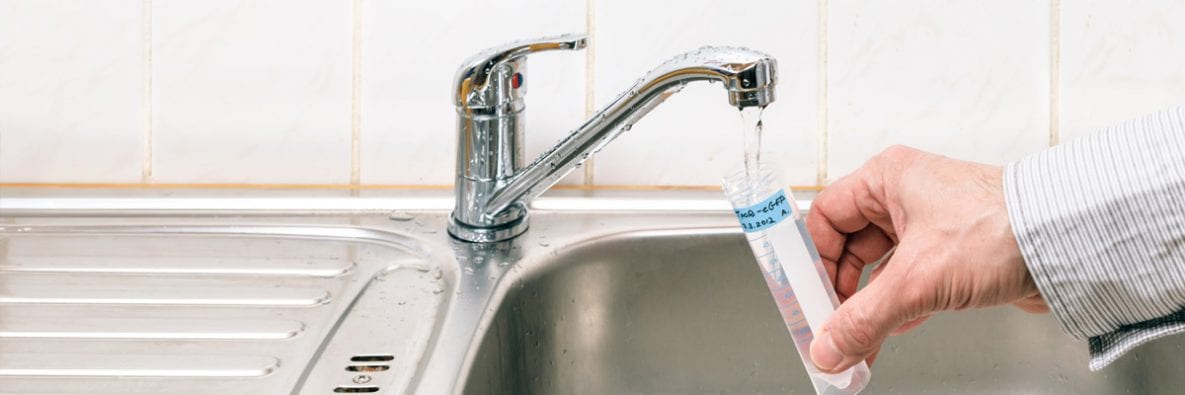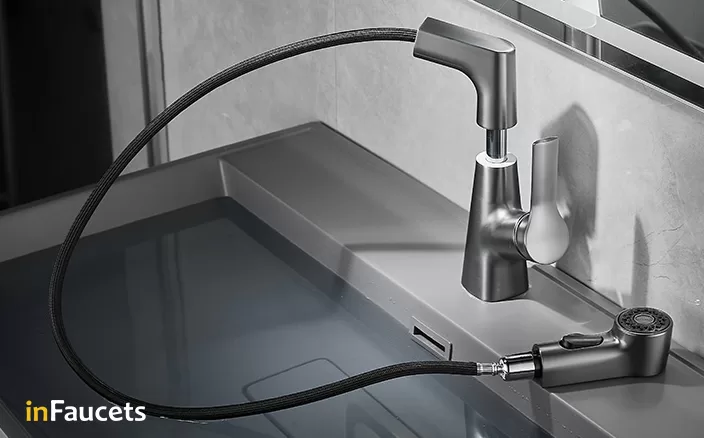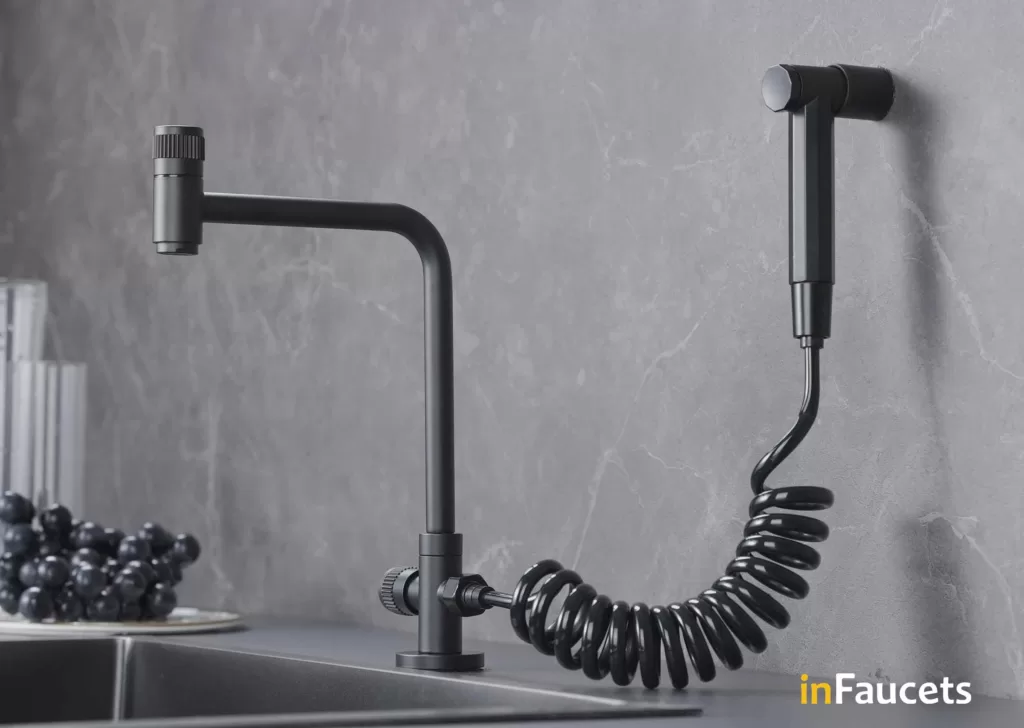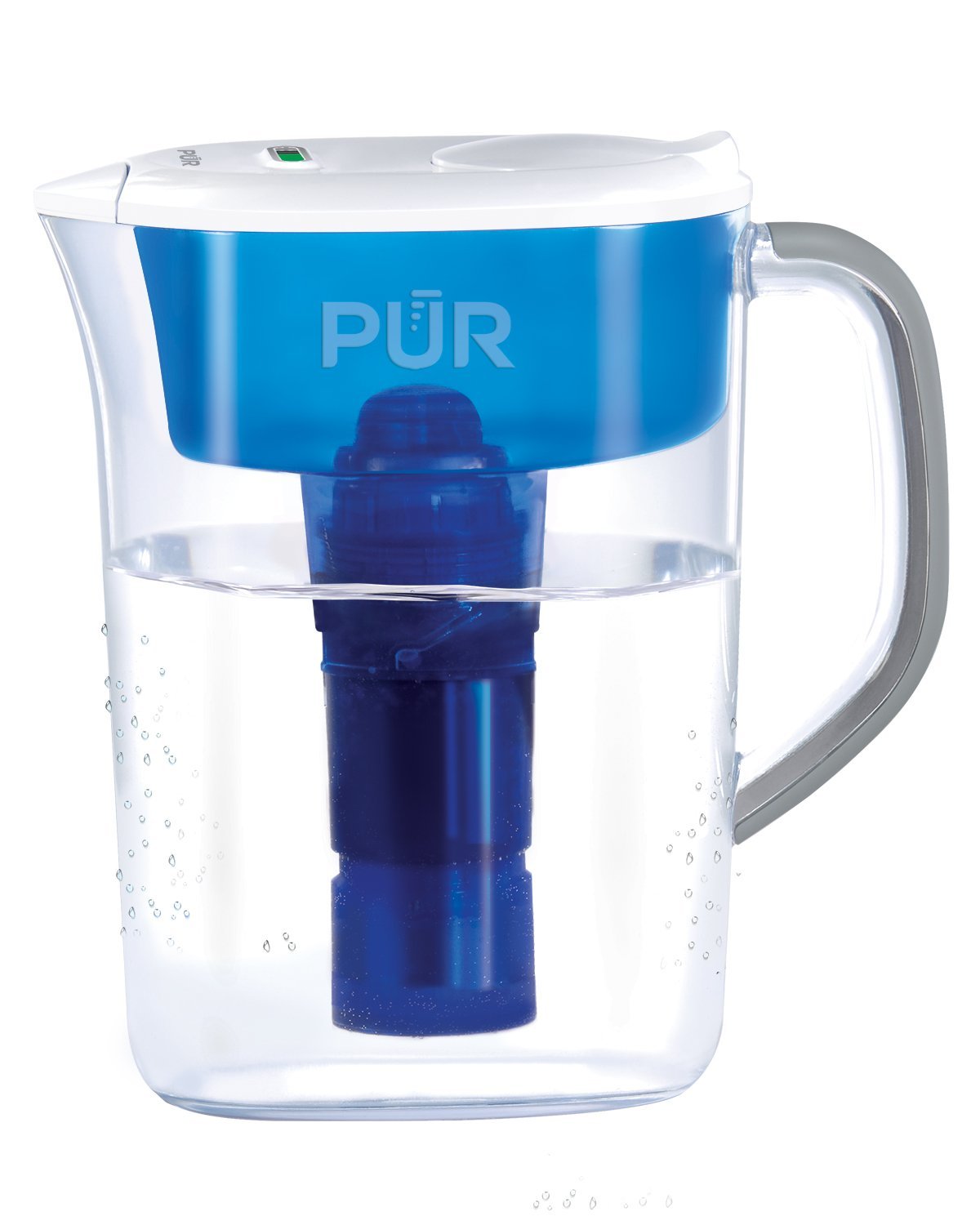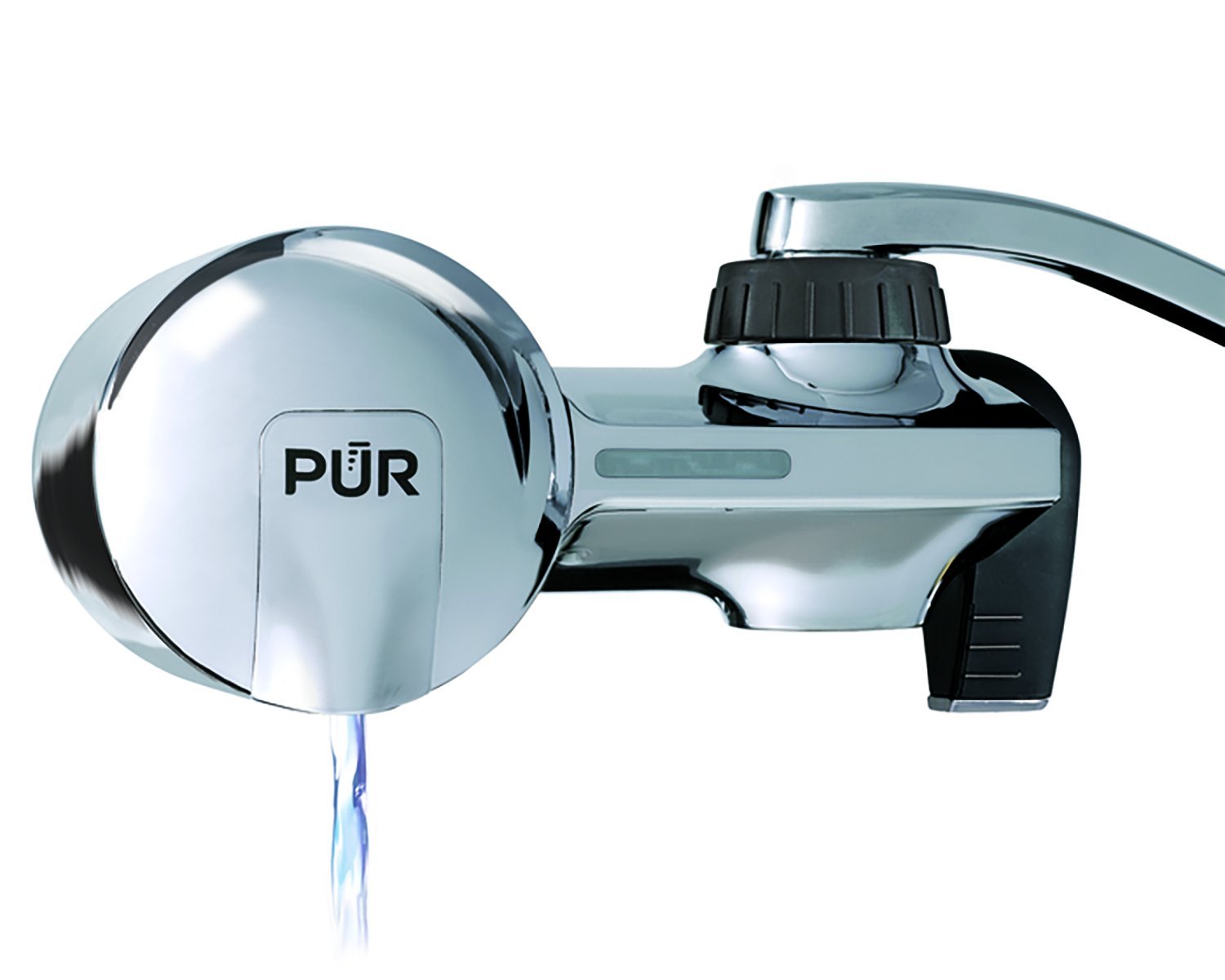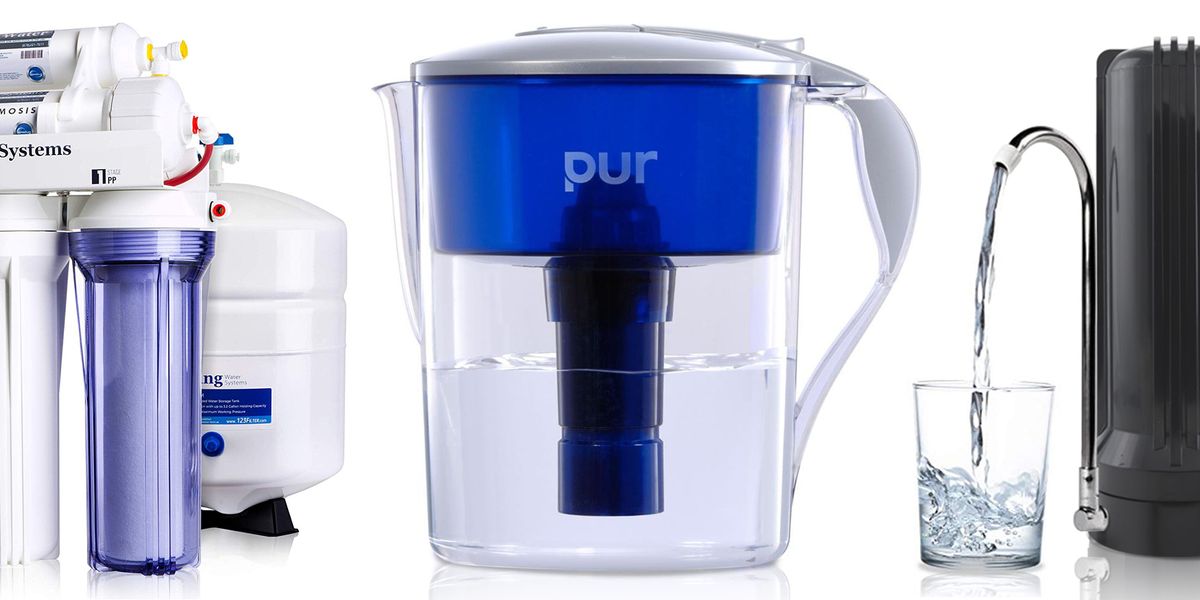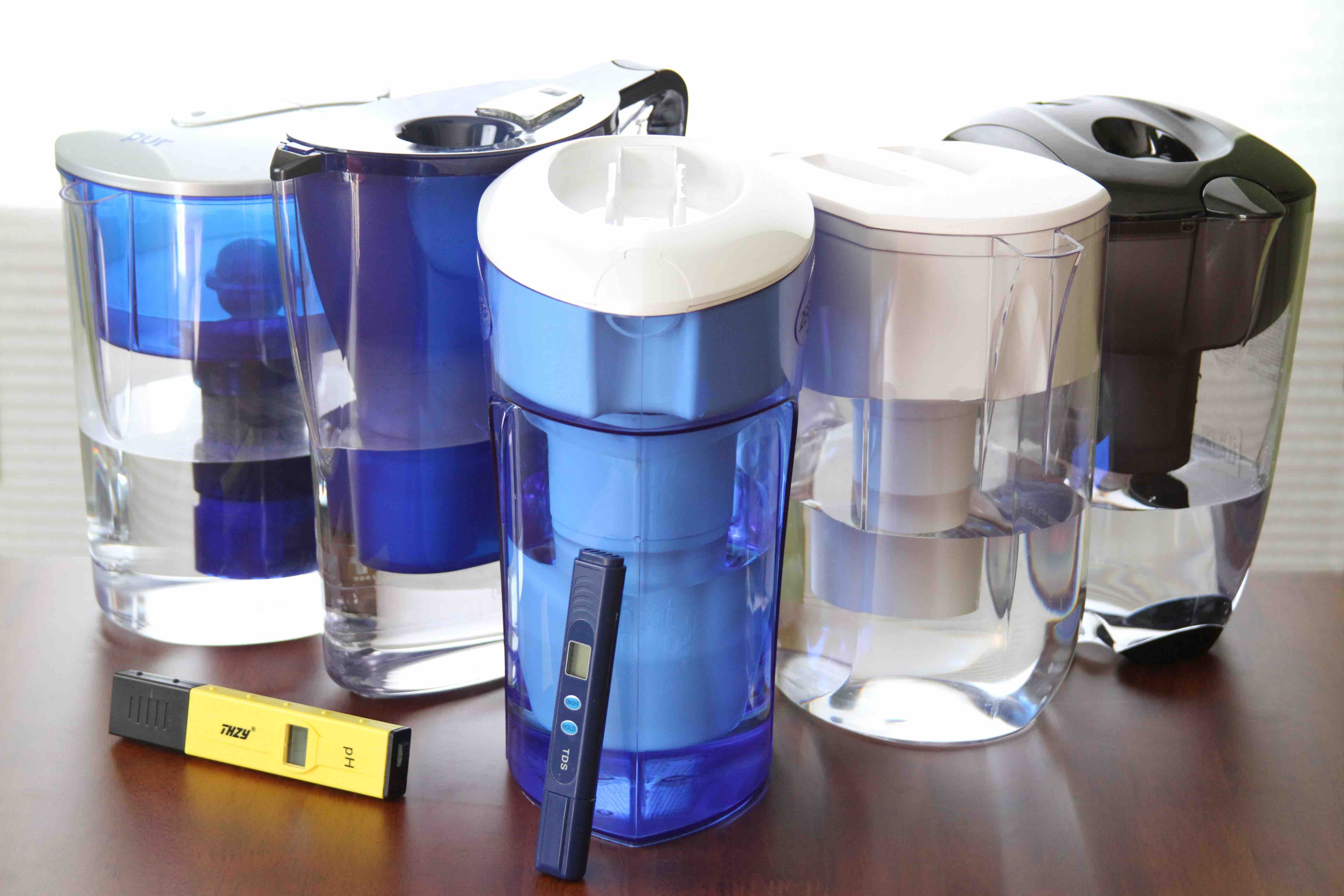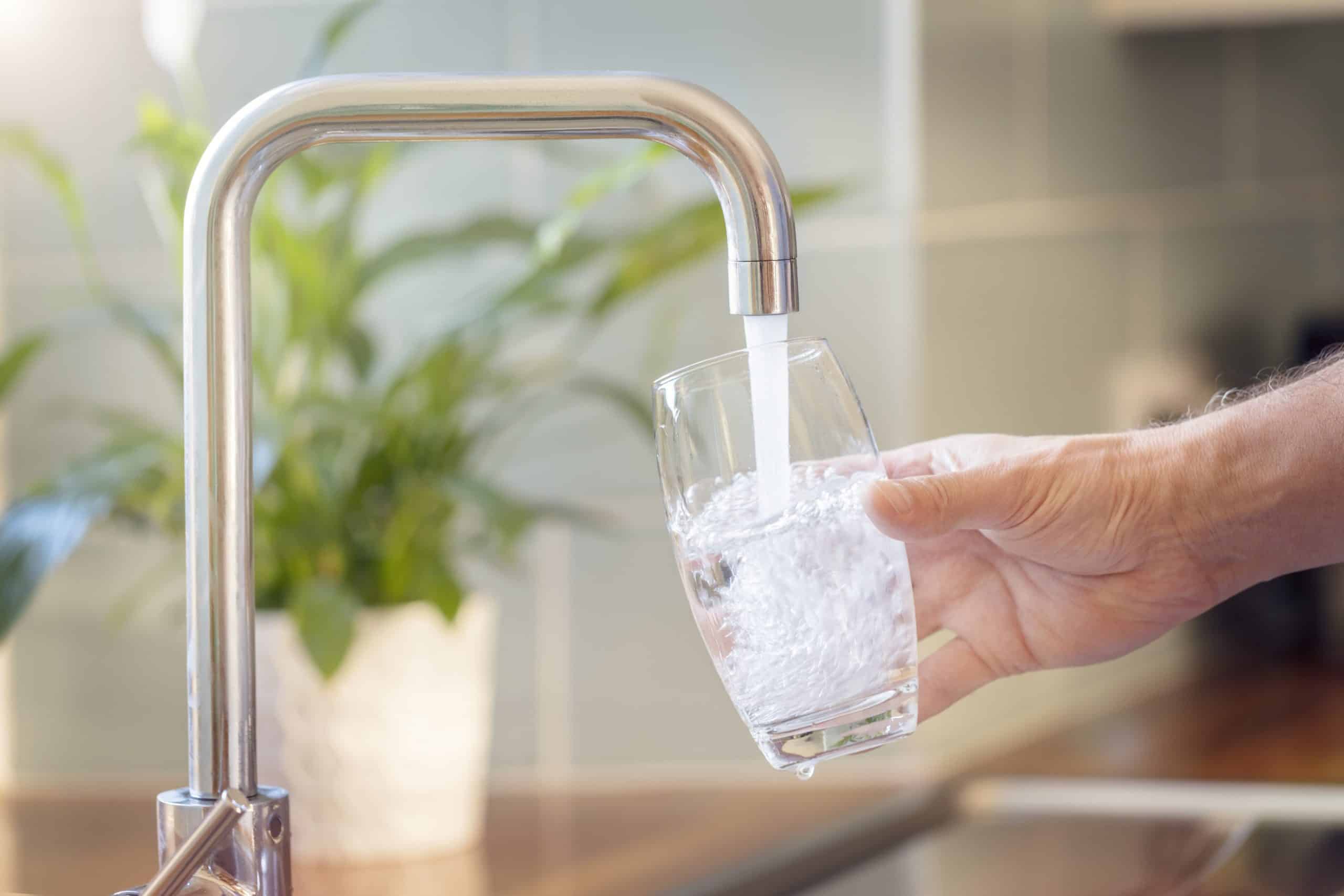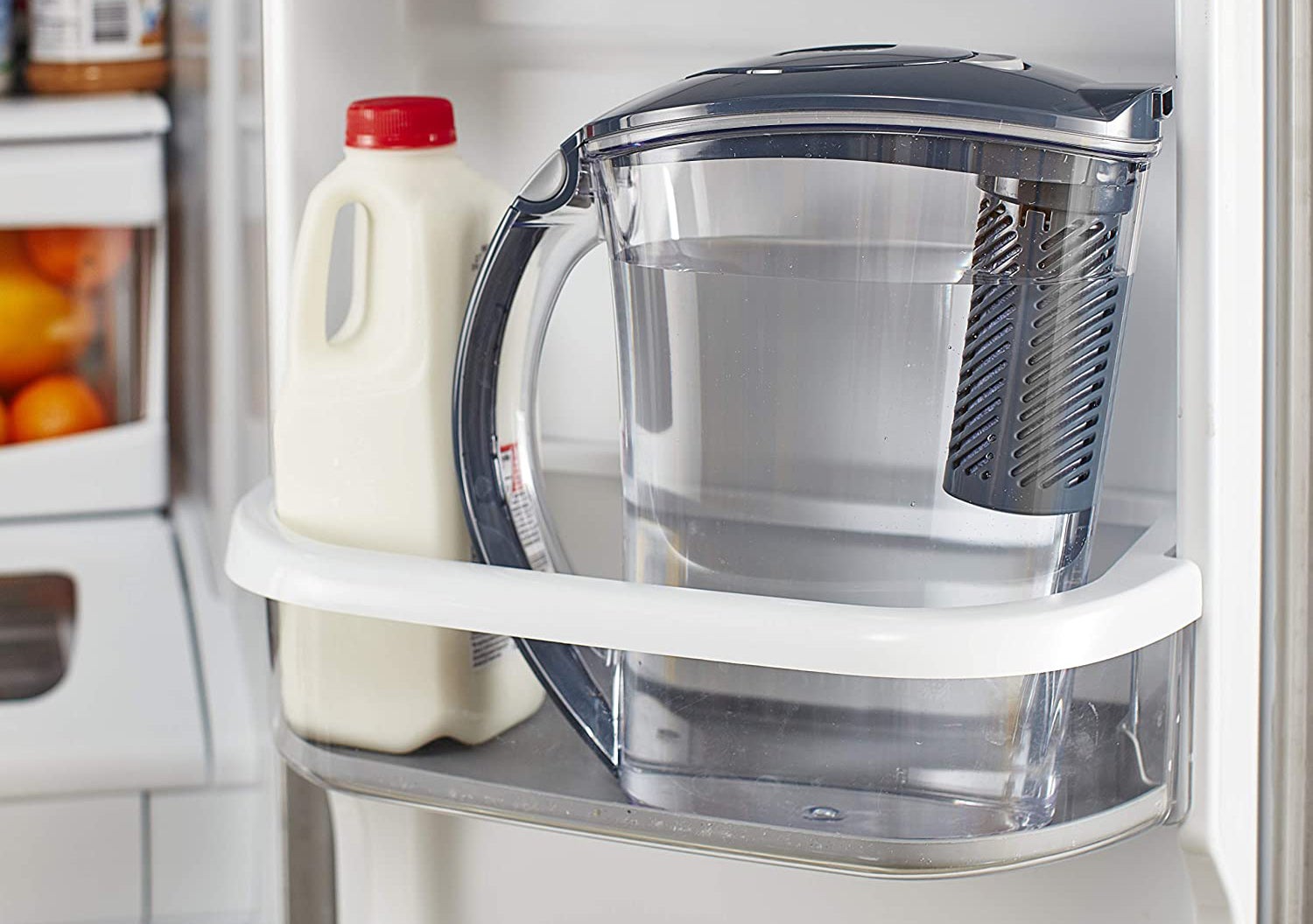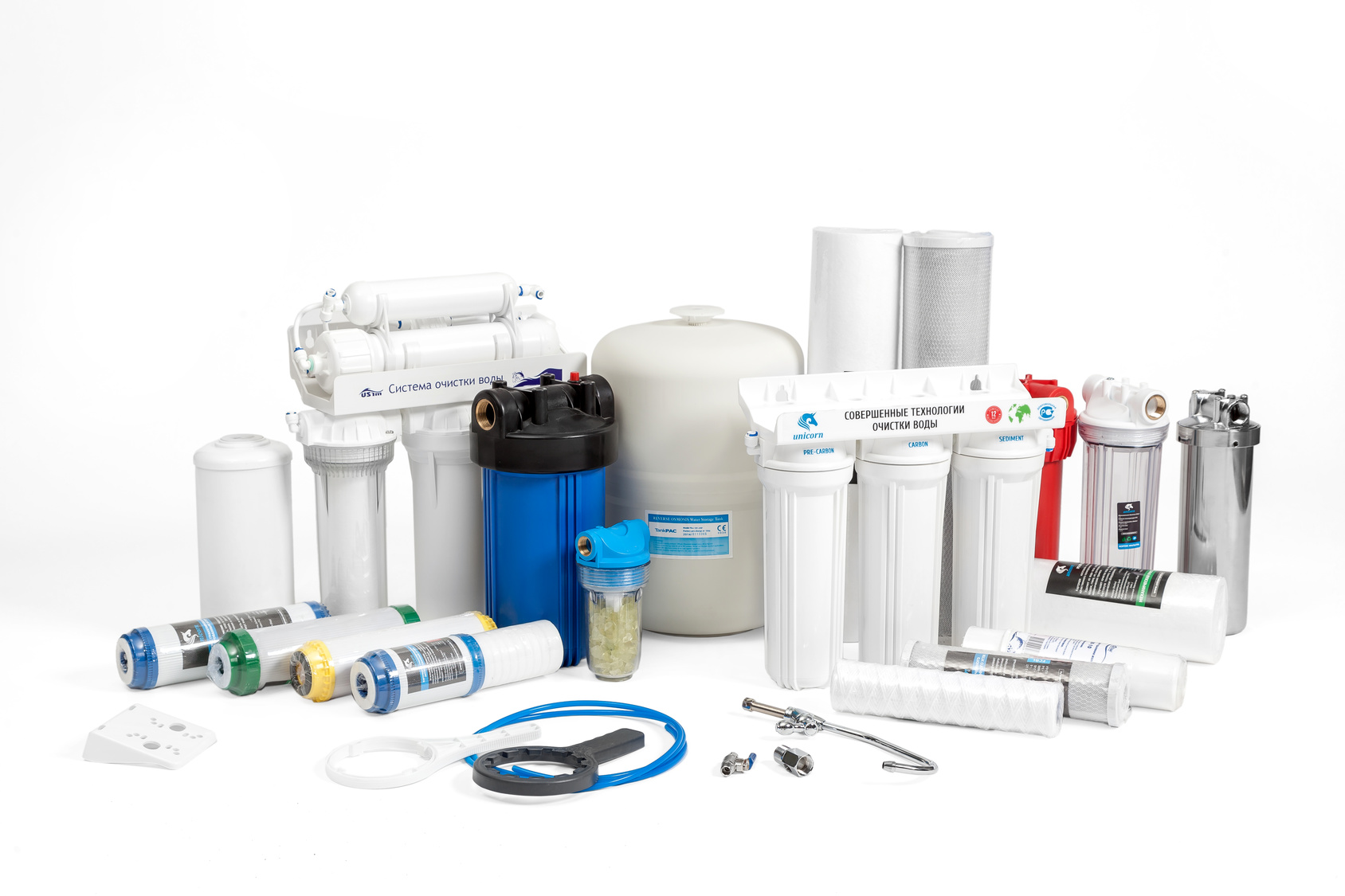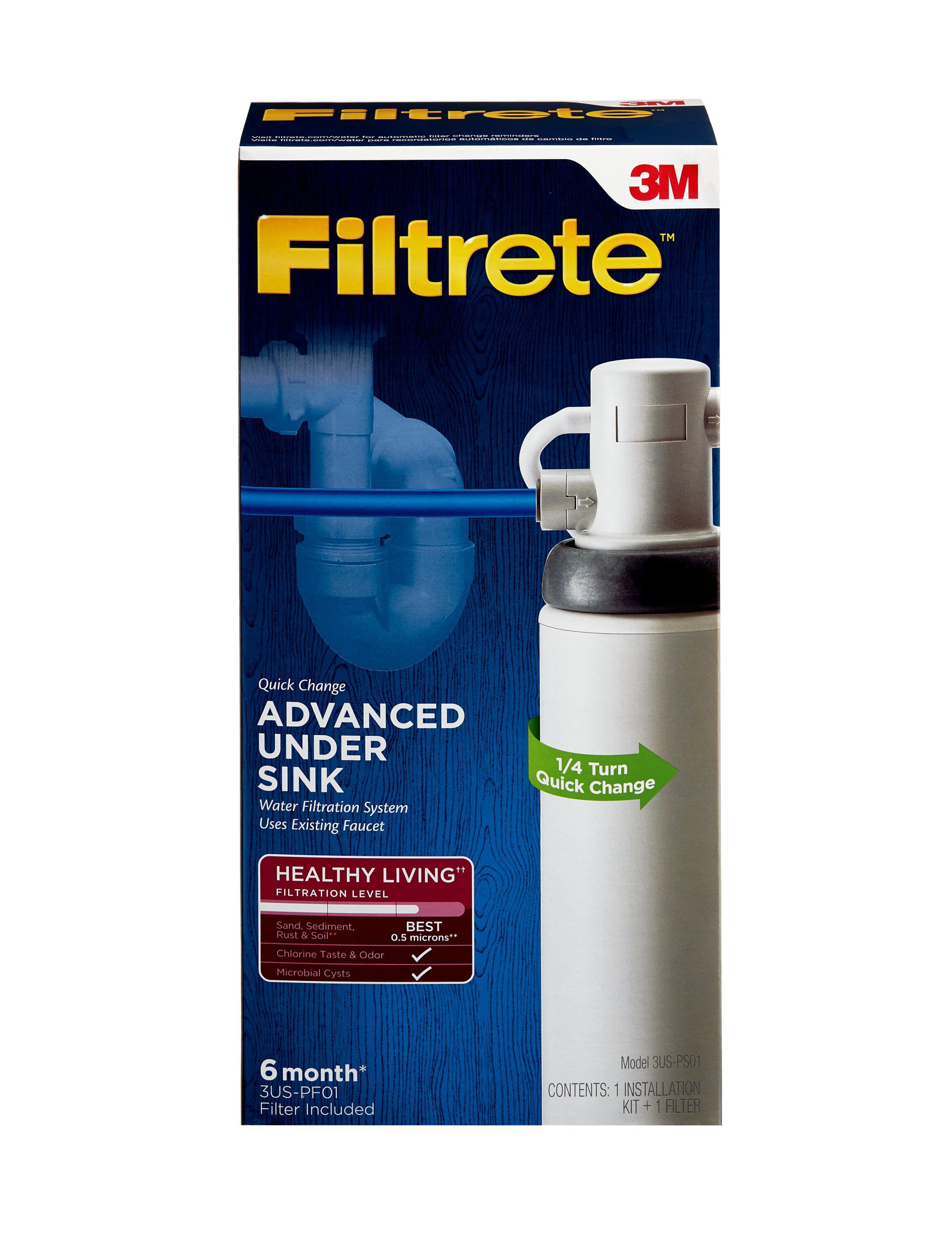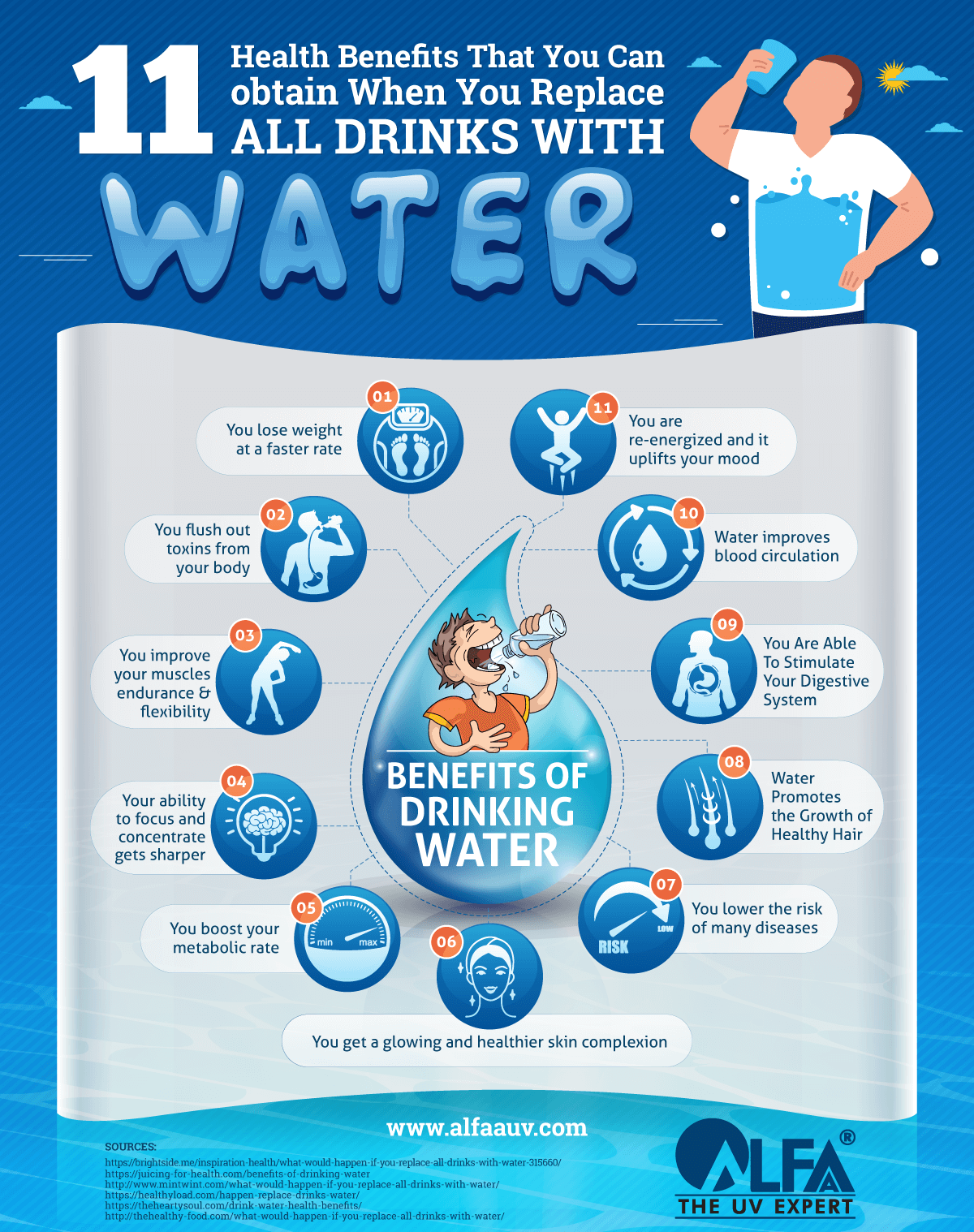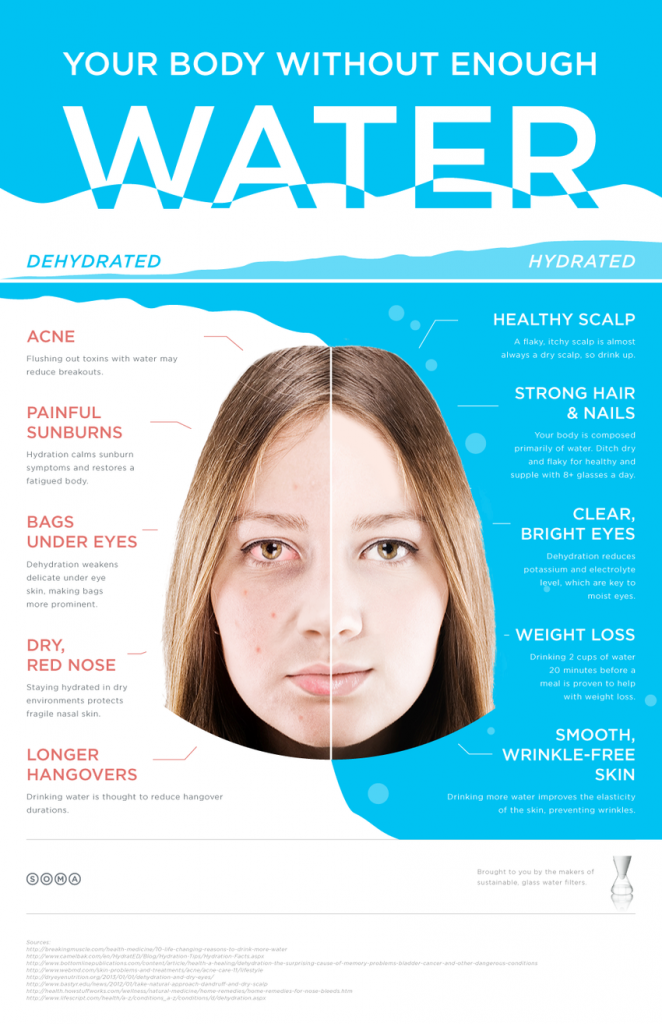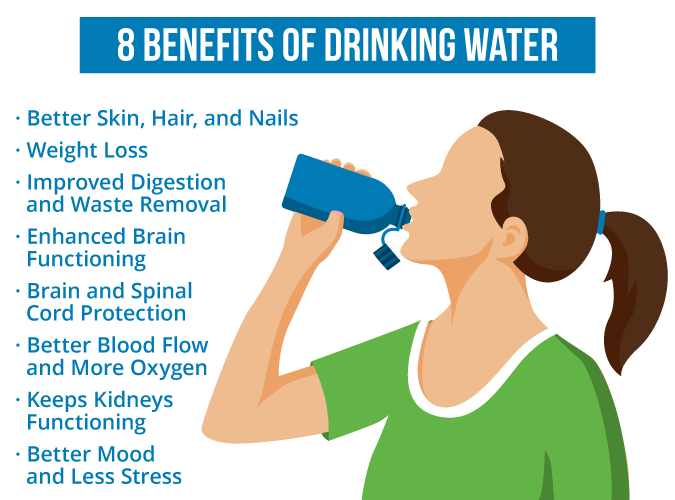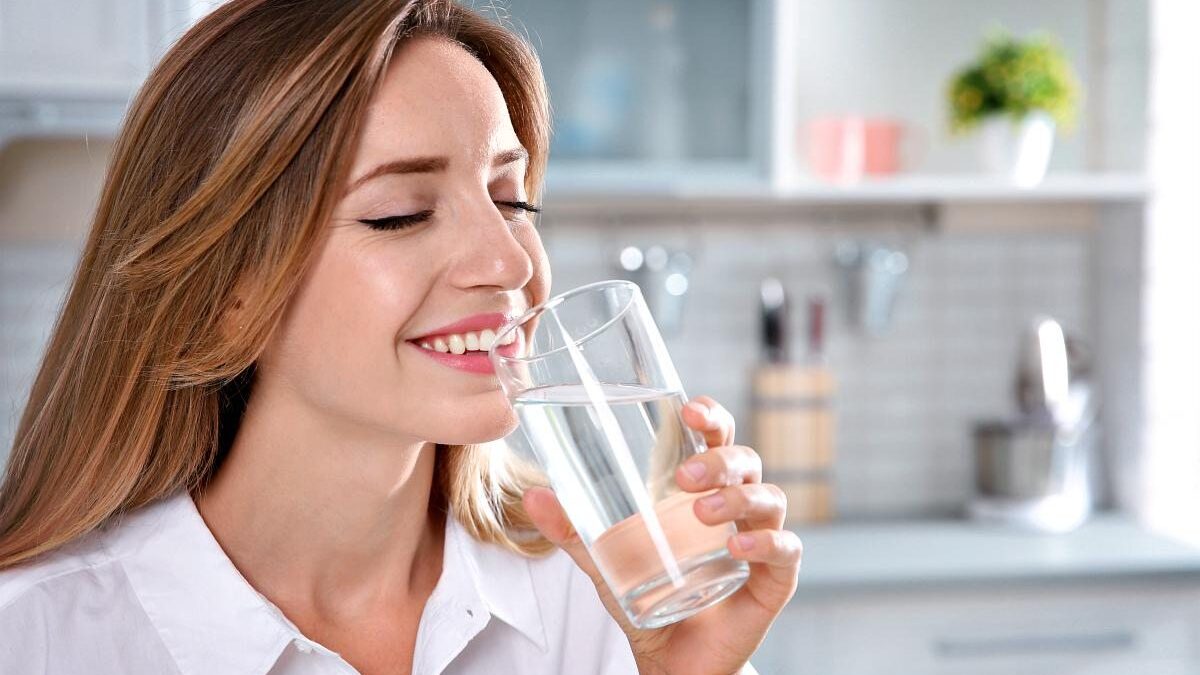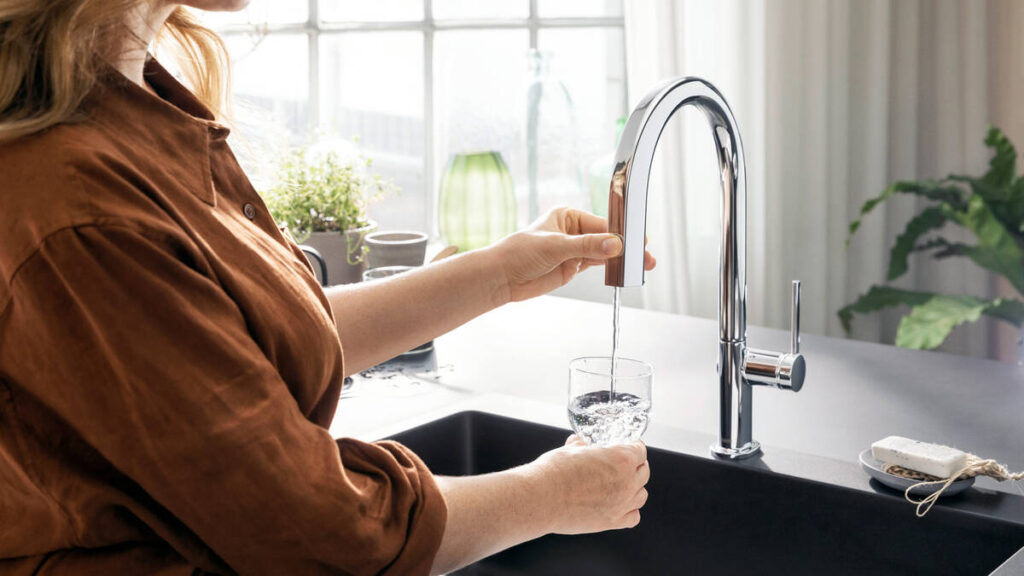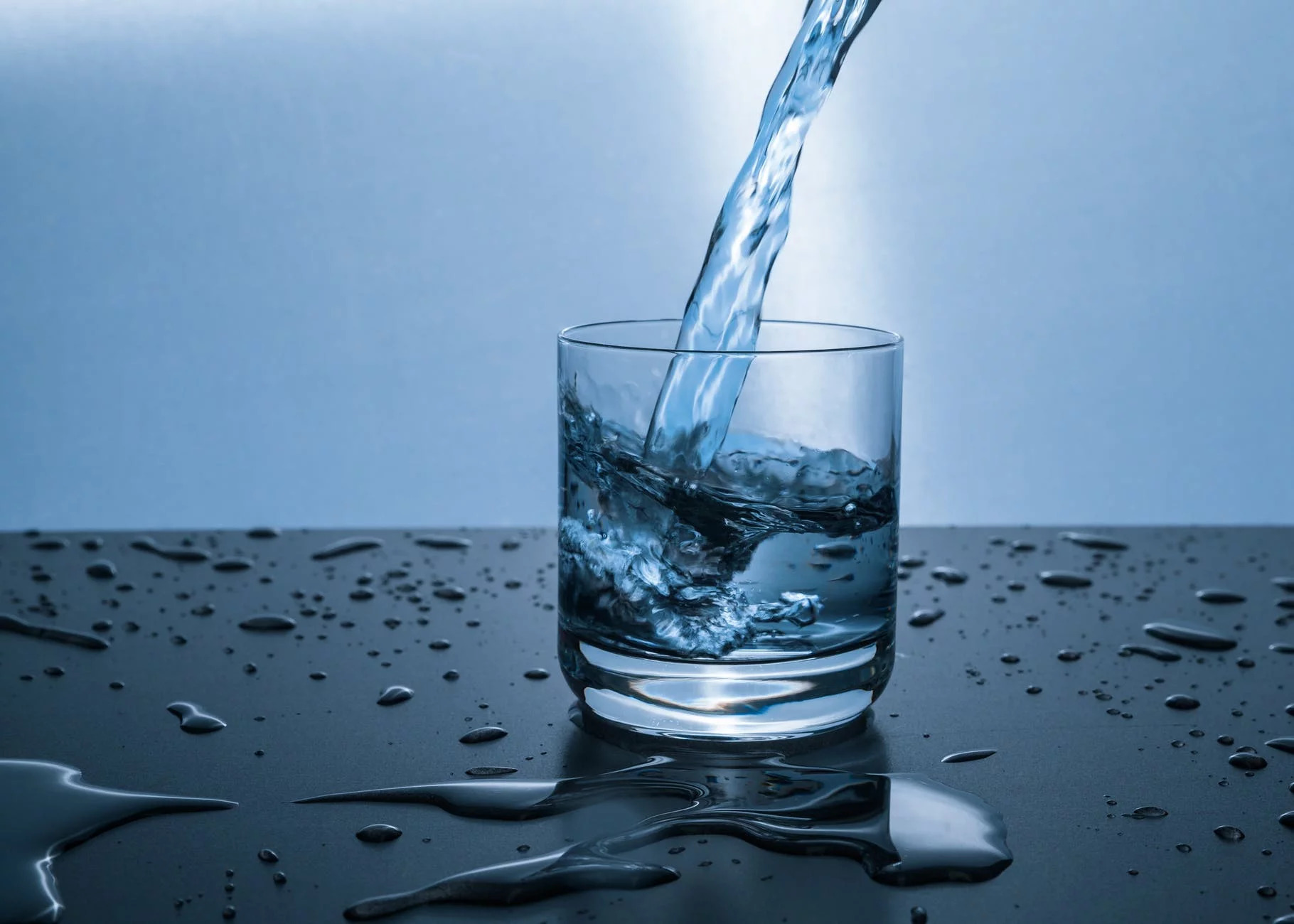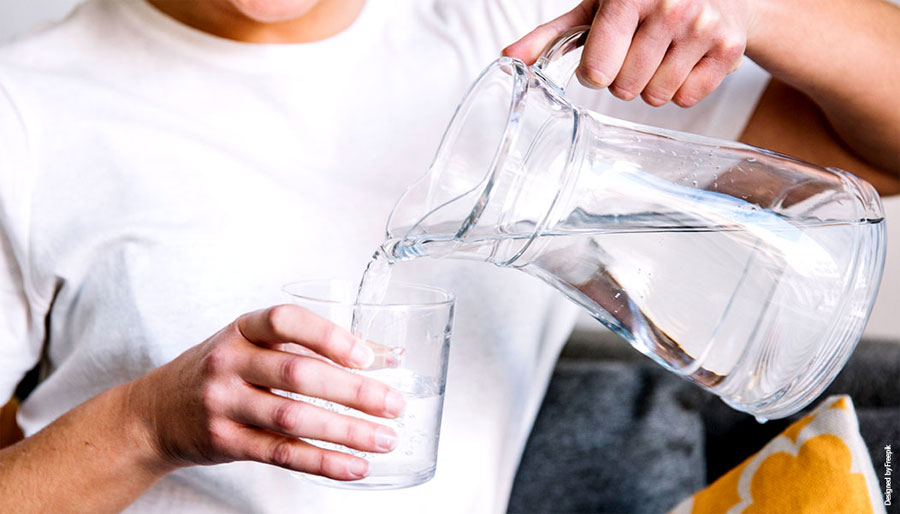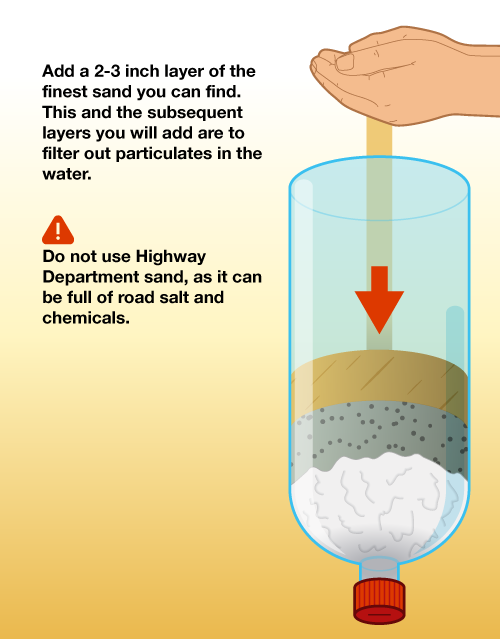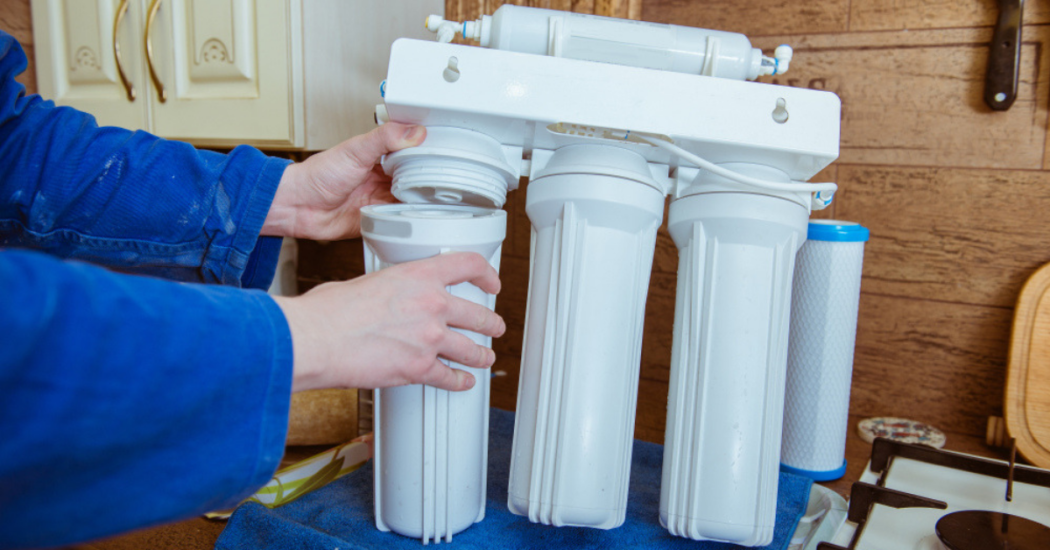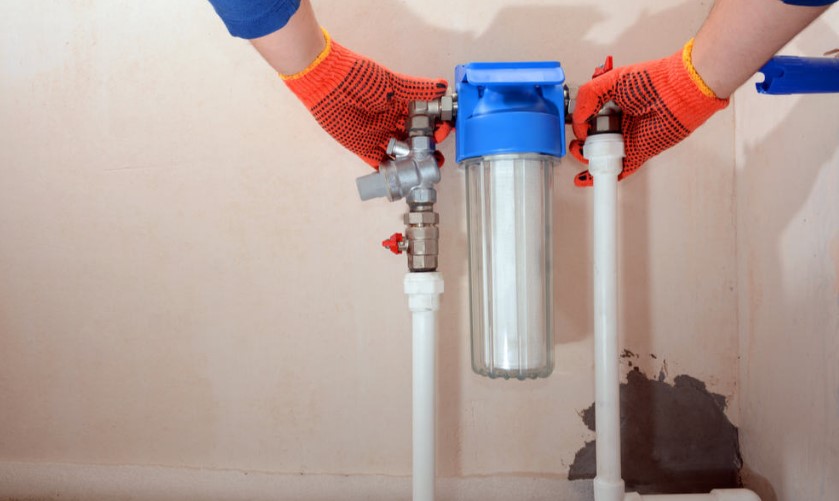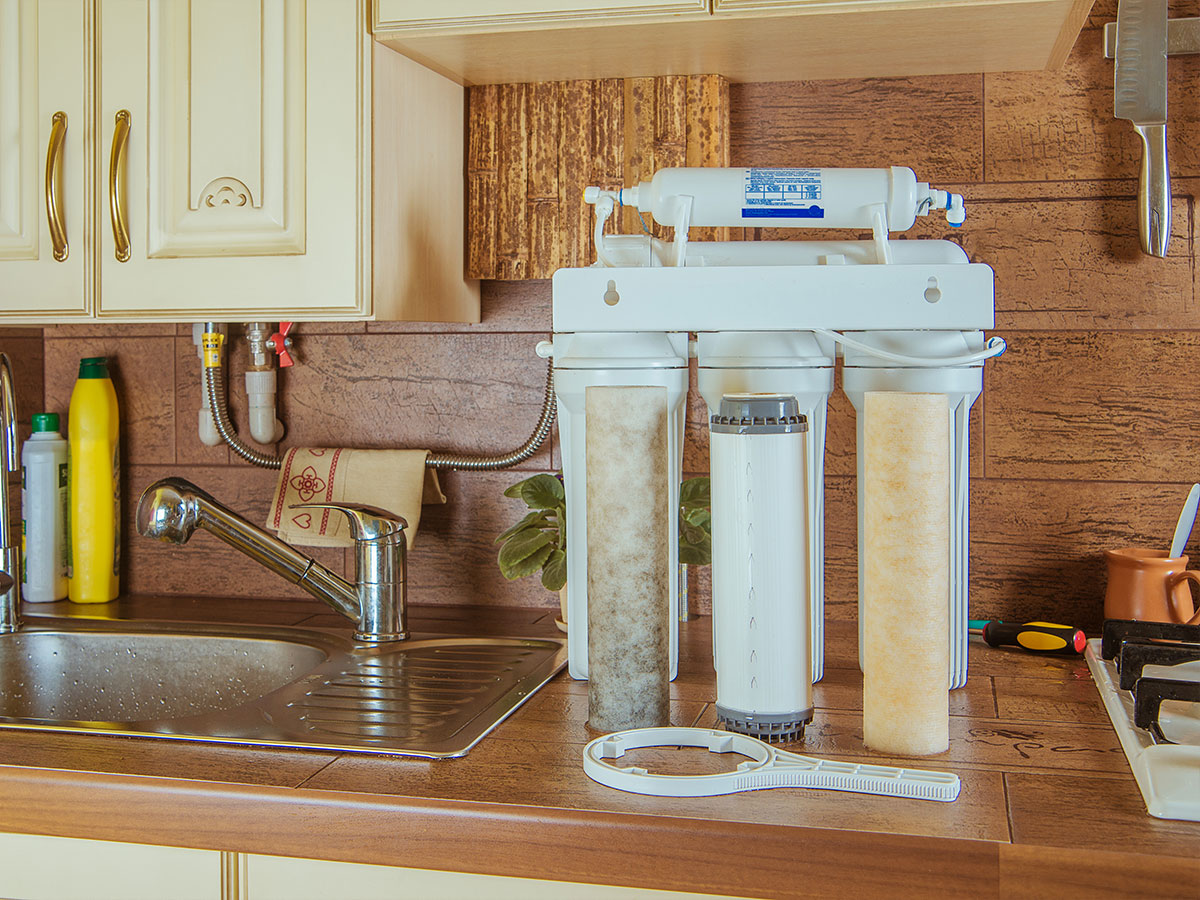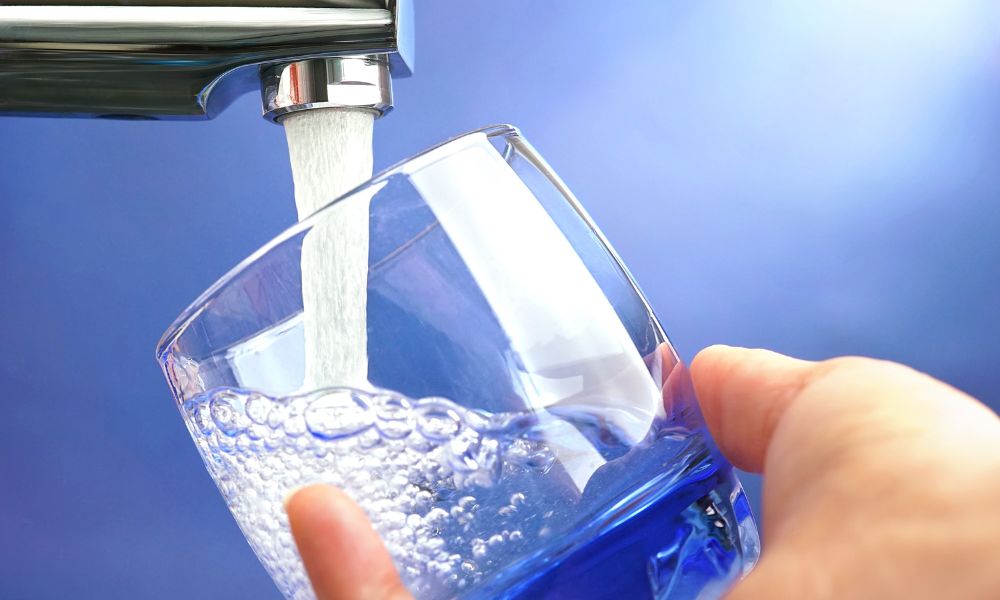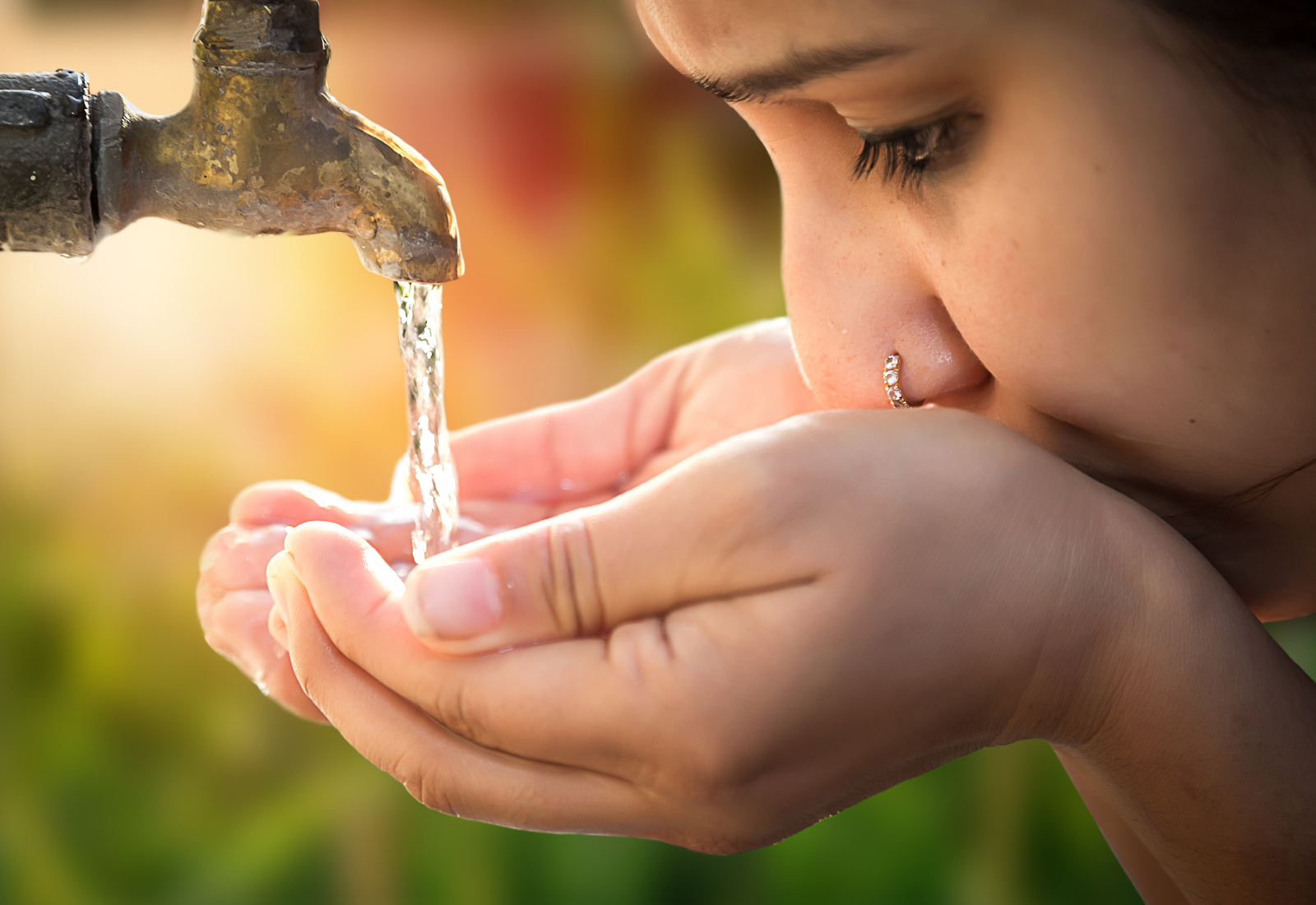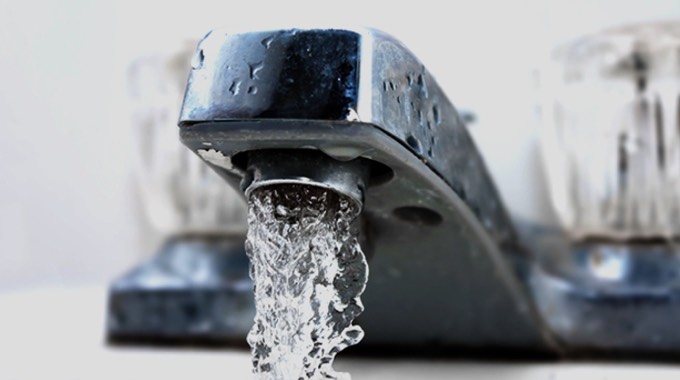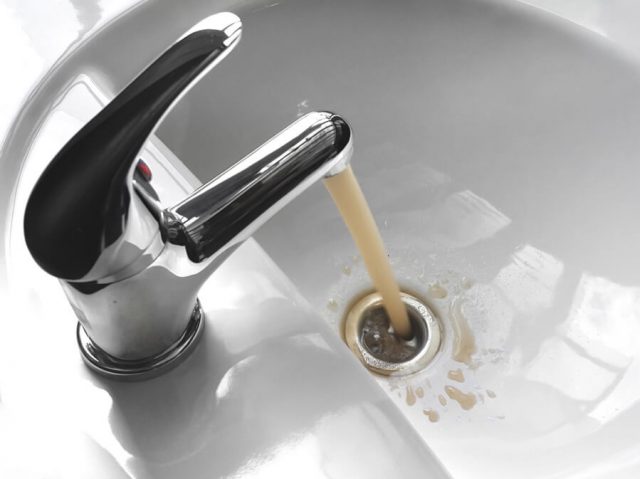Is It Safe to Drink Water from the Kitchen Sink?
Many people rely on their kitchen sink for their daily supply of drinking water. But with growing concerns about water contamination and safety, is it really safe to drink water straight from the kitchen sink?
The answer is not a simple yes or no. While tap water is generally considered safe for consumption, there are still potential risks that you should be aware of. In this article, we will explore the safety of drinking water from the kitchen sink and provide tips on how to ensure that your tap water is safe for drinking.
How to Make Tap Water Safe for Drinking
If you are concerned about the safety of your tap water, there are several steps you can take to make it safe for drinking. The first and most important step is to filter your tap water.
There are various types of water filters available in the market, including pitcher filters, faucet-mounted filters, and under-sink filters. These filters are designed to remove impurities and contaminants from your tap water, making it safe for consumption.
Another way to make tap water safe for drinking is by boiling it. Boiling water kills harmful bacteria and viruses, making it safe to drink. However, this method is not practical for everyday use and may not remove certain chemicals and heavy metals from the water.
How to Filter Tap Water for Drinking
As mentioned earlier, water filters are an effective way to remove impurities from tap water. When choosing a water filter, it is important to look for one that is certified by a reputable organization, such as the National Sanitation Foundation (NSF).
Some of the most common types of water filters include activated carbon filters, reverse osmosis filters, and ultraviolet (UV) filters. Each type of filter has its own advantages and disadvantages, so it is important to research and choose the best one for your specific needs.
What Contaminants are Found in Tap Water?
Tap water can contain a variety of contaminants, depending on the source and treatment process. Some of the most common contaminants found in tap water include bacteria, viruses, parasites, heavy metals, pesticides, and pharmaceuticals.
While these contaminants may not always be present in high enough levels to cause immediate harm, long-term exposure to them can have adverse effects on your health. This is why it is important to regularly test the quality of your tap water and take necessary precautions to ensure its safety.
How to Test the Quality of Tap Water
The best way to test the quality of your tap water is by sending a sample to a certified laboratory. They will be able to provide you with a detailed report of the contaminants present in your water and their levels.
You can also purchase at-home water testing kits, but these may not provide as thorough results as a professional laboratory test. It is recommended to test your tap water at least once a year, or more frequently if you notice any changes in the taste, smell, or appearance of your water.
What are the Best Water Filters for Drinking Water?
As mentioned earlier, there are various types of water filters available in the market. The best one for you will depend on your specific needs and budget.
Activated carbon filters are great for removing chlorine, sediment, and some chemicals from tap water. Reverse osmosis filters are effective for removing a wide range of contaminants, including heavy metals and bacteria. UV filters are best for killing harmful bacteria and viruses.
It is important to do your research and read reviews before purchasing a water filter to ensure that you are getting the best one for your needs.
How to Install a Water Filter on Your Kitchen Sink
Installing a water filter on your kitchen sink is a relatively simple process. Most filters come with clear instructions and can be easily installed by following the steps provided.
If you are unsure about the installation process, you can always hire a professional plumber to do it for you. It is important to regularly maintain and replace your water filter to ensure its optimal performance.
What are the Benefits of Drinking Filtered Water?
Filtered water has numerous benefits for your health and overall well-being. It not only removes harmful contaminants, but it also improves the taste and smell of your water.
Drinking filtered water can also help reduce the risk of certain health issues, such as gastrointestinal illnesses, reproductive problems, and certain types of cancer. It also reduces the exposure to chemicals and heavy metals, which can have long-term effects on your health.
How to Maintain Your Water Filter for Optimal Performance
To ensure that your water filter is working properly and providing you with safe drinking water, it is important to maintain it regularly. This includes replacing the filter cartridge as recommended by the manufacturer and cleaning the filter housing as needed.
It is also important to regularly test the quality of your filtered water to ensure that your filter is effectively removing contaminants. If you notice any changes in the taste, smell, or appearance of your water, it may be a sign that your filter needs to be replaced or serviced.
What to Do if Your Tap Water is Contaminated
If you have reason to believe that your tap water is contaminated, it is important to take immediate action. Depending on the type and level of contamination, you may need to switch to bottled water or install a more advanced water filtration system.
It is also important to report the issue to your local water authority and follow any instructions or precautions they provide. Regularly testing and filtering your tap water can help prevent contamination and ensure that you and your family are drinking safe water.
Why Drinking Water from Your Kitchen Sink is Safe and Healthy

Importance of Safe Drinking Water
 Having access to clean and safe drinking water is crucial for maintaining good health. It is estimated that over 2 billion people worldwide do not have access to safe drinking water, leading to the spread of diseases and illnesses. This is why it is important to ensure that the water we consume is free from harmful contaminants.
Having access to clean and safe drinking water is crucial for maintaining good health. It is estimated that over 2 billion people worldwide do not have access to safe drinking water, leading to the spread of diseases and illnesses. This is why it is important to ensure that the water we consume is free from harmful contaminants.
The Role of Kitchen Design in Ensuring Safe Drinking Water
 When it comes to ensuring safe drinking water, the design of your kitchen plays a significant role. The kitchen is where we prepare and consume our meals, including drinking water, making it a potential source of contamination if not designed properly. This is why it is essential to have a well-designed kitchen that promotes the safety and quality of your drinking water.
When it comes to ensuring safe drinking water, the design of your kitchen plays a significant role. The kitchen is where we prepare and consume our meals, including drinking water, making it a potential source of contamination if not designed properly. This is why it is essential to have a well-designed kitchen that promotes the safety and quality of your drinking water.
The Benefits of Drinking Water from Your Kitchen Sink
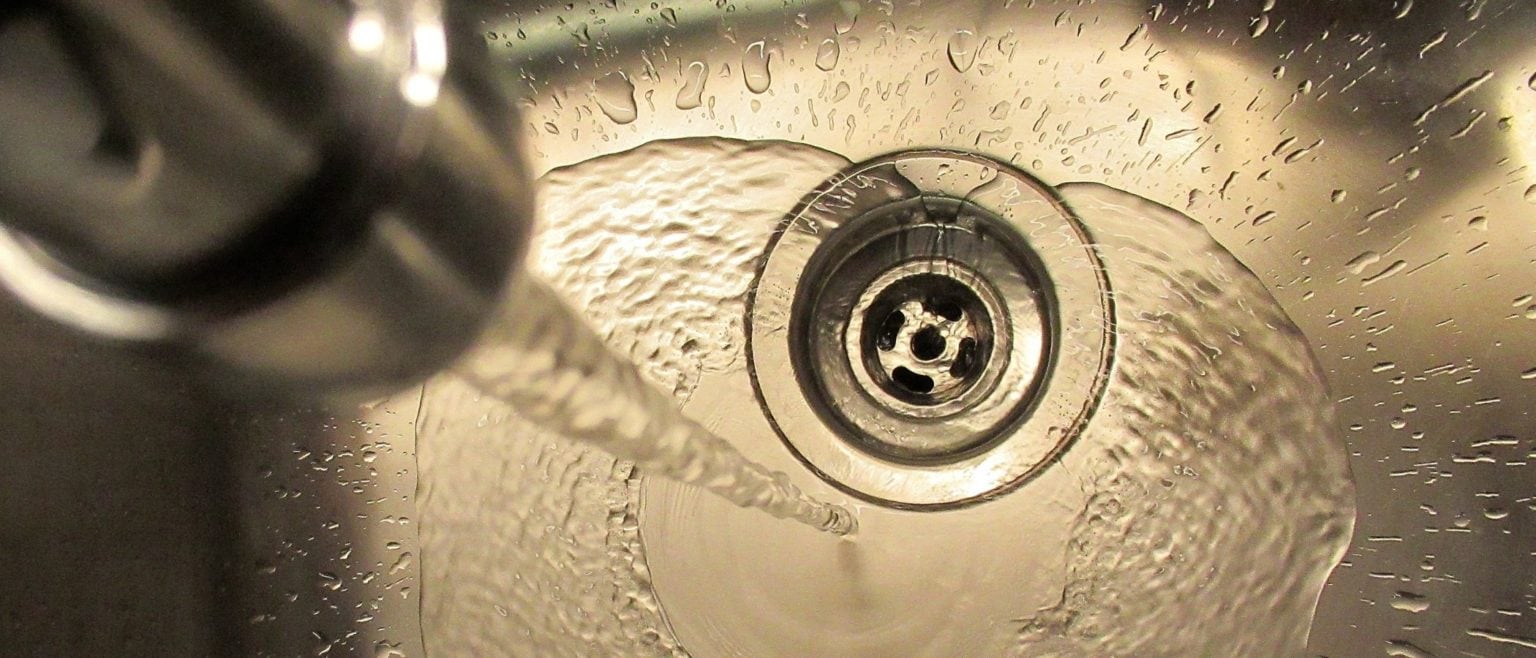 Many people may be skeptical about drinking water directly from their kitchen sink, but the truth is, it is perfectly safe and even healthier than other sources of drinking water. Municipal water systems are required to follow strict regulations and guidelines to ensure the safety and quality of the water they provide. This means that the water coming out of your kitchen sink has already been treated and tested for any potential contaminants.
Additionally, drinking water from your kitchen sink is more environmentally friendly as it eliminates the need for plastic water bottles, reducing plastic waste and pollution. It also saves you money in the long run as you do not have to constantly buy bottled water.
Many people may be skeptical about drinking water directly from their kitchen sink, but the truth is, it is perfectly safe and even healthier than other sources of drinking water. Municipal water systems are required to follow strict regulations and guidelines to ensure the safety and quality of the water they provide. This means that the water coming out of your kitchen sink has already been treated and tested for any potential contaminants.
Additionally, drinking water from your kitchen sink is more environmentally friendly as it eliminates the need for plastic water bottles, reducing plastic waste and pollution. It also saves you money in the long run as you do not have to constantly buy bottled water.
Design Features to Ensure Safe Drinking Water
 To further ensure the safety of your drinking water, there are certain design features that you can incorporate into your kitchen.
Investing in a high-quality water filtration system
is one of the most effective ways to remove any remaining impurities from your tap water. You can also opt for a
touchless faucet
to minimize contact with potentially contaminated surfaces. Additionally, having a designated
drinking water faucet
separate from your regular sink can help prevent cross-contamination.
To further ensure the safety of your drinking water, there are certain design features that you can incorporate into your kitchen.
Investing in a high-quality water filtration system
is one of the most effective ways to remove any remaining impurities from your tap water. You can also opt for a
touchless faucet
to minimize contact with potentially contaminated surfaces. Additionally, having a designated
drinking water faucet
separate from your regular sink can help prevent cross-contamination.
In Conclusion
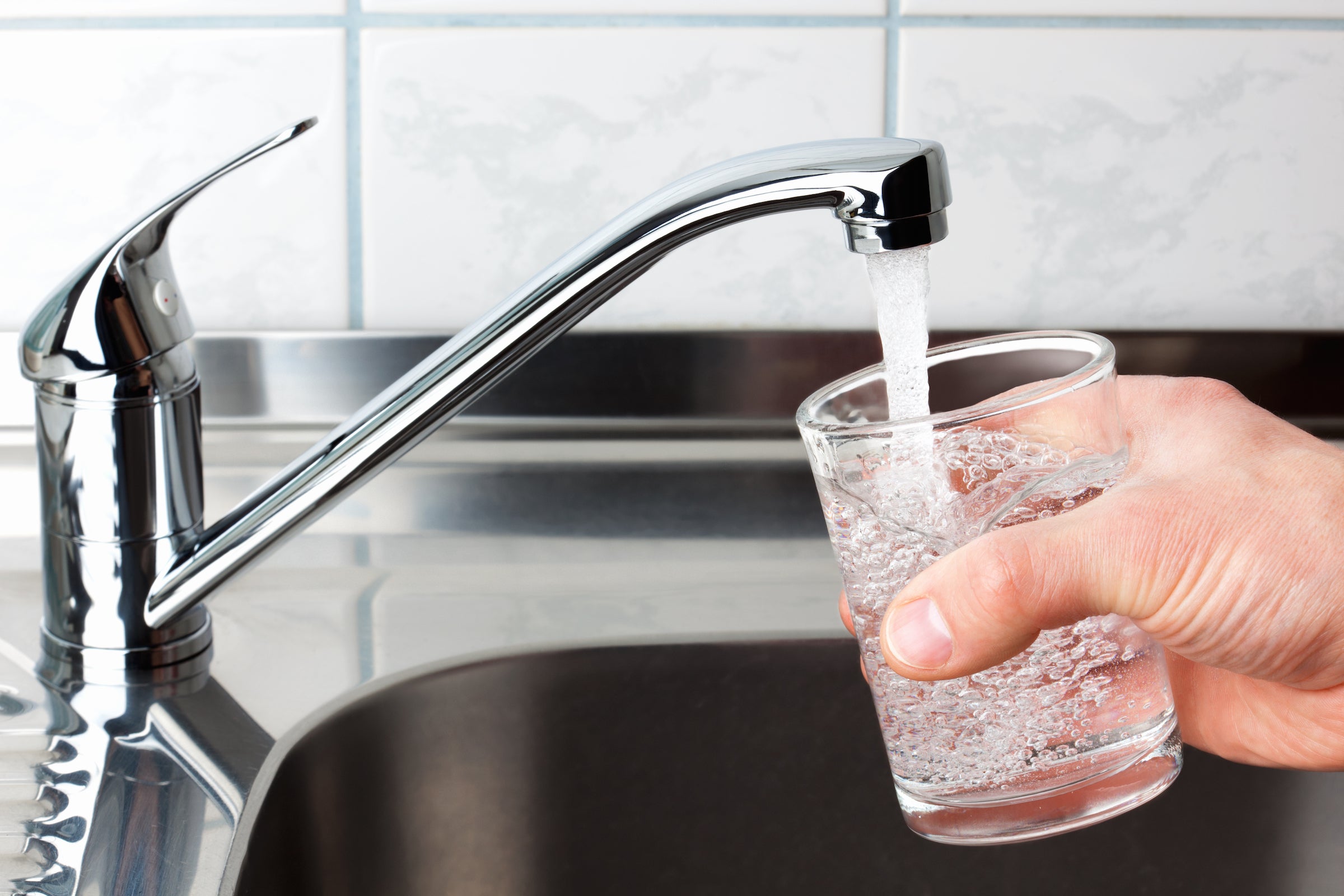 Drinking water from your kitchen sink is not only safe but also healthy and environmentally friendly. By investing in a well-designed kitchen and incorporating features that promote the safety of your drinking water, you can enjoy clean and pure water straight from your tap. So, next time you reach for that water bottle, remember that your kitchen sink is a safe and reliable source of drinking water.
Drinking water from your kitchen sink is not only safe but also healthy and environmentally friendly. By investing in a well-designed kitchen and incorporating features that promote the safety of your drinking water, you can enjoy clean and pure water straight from your tap. So, next time you reach for that water bottle, remember that your kitchen sink is a safe and reliable source of drinking water.




